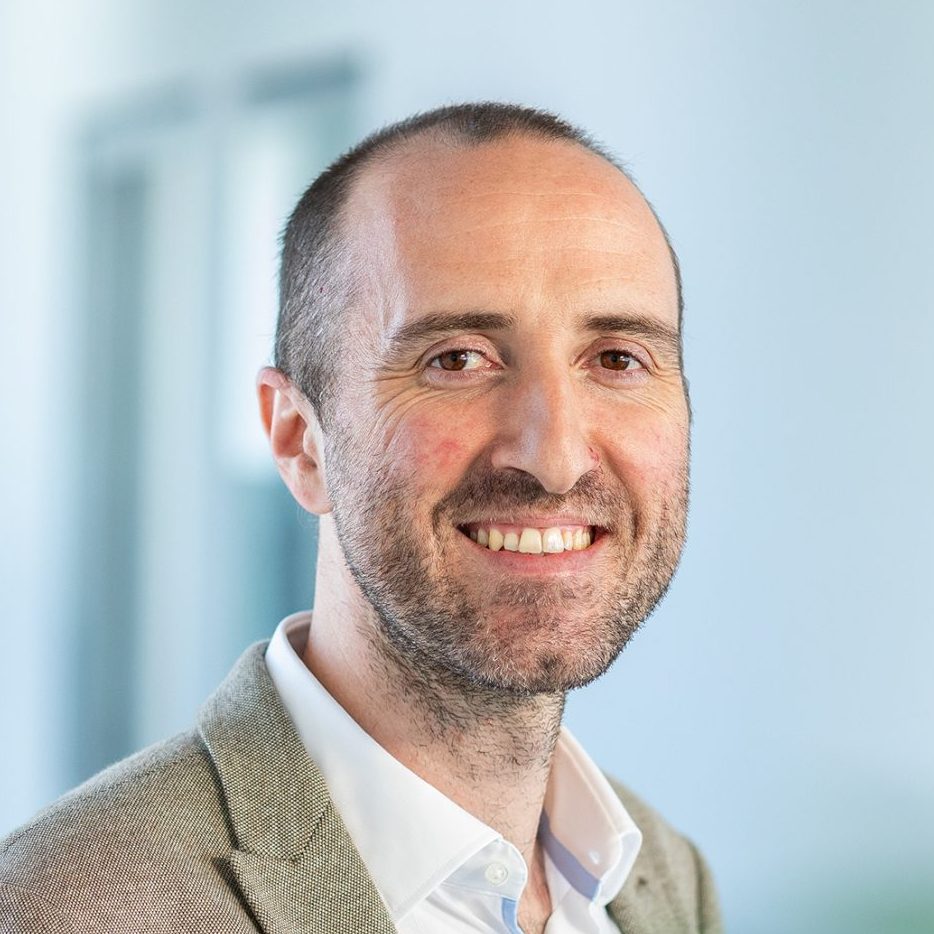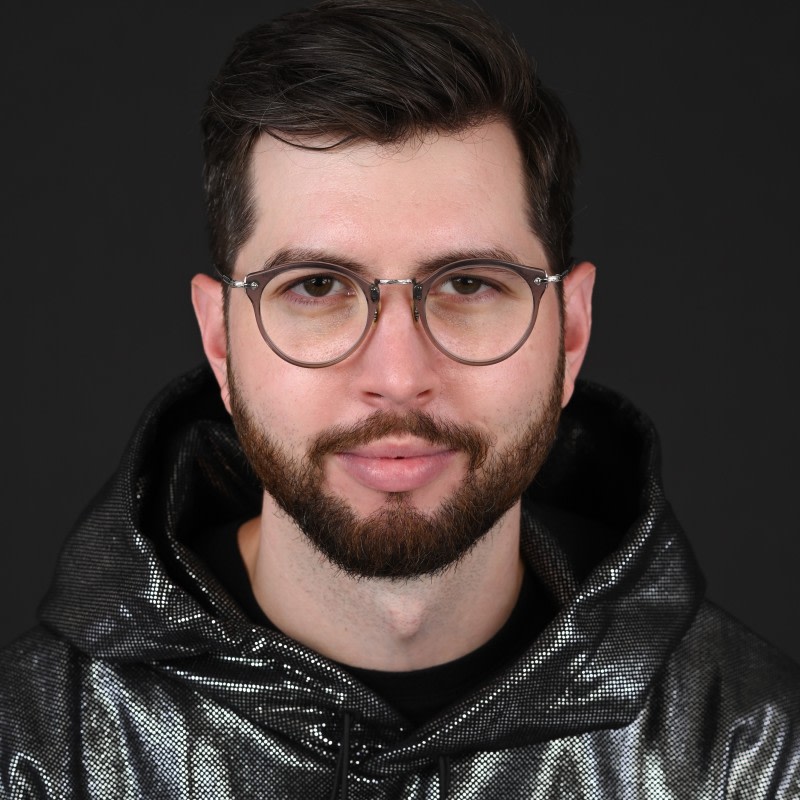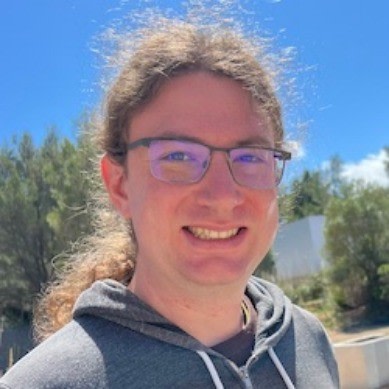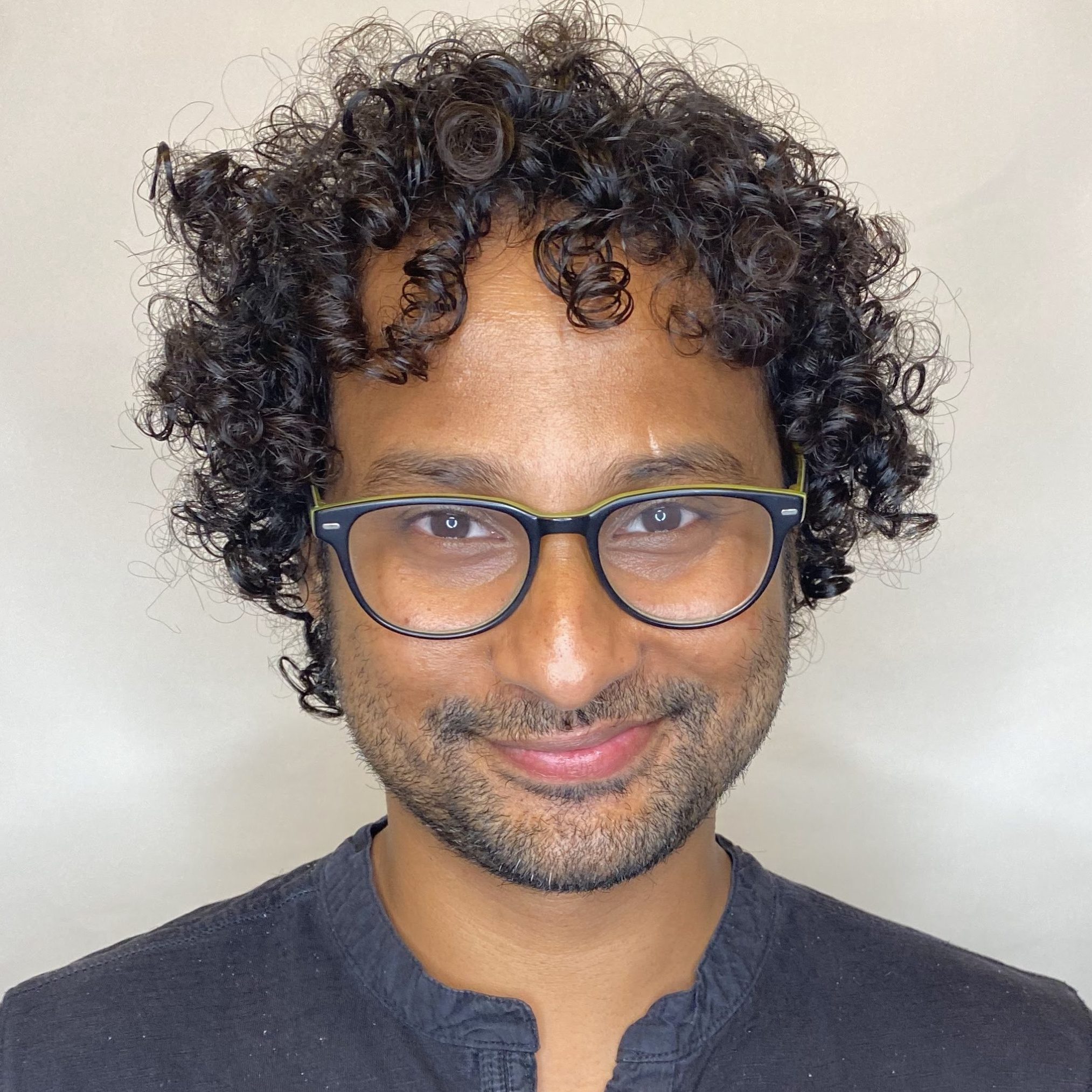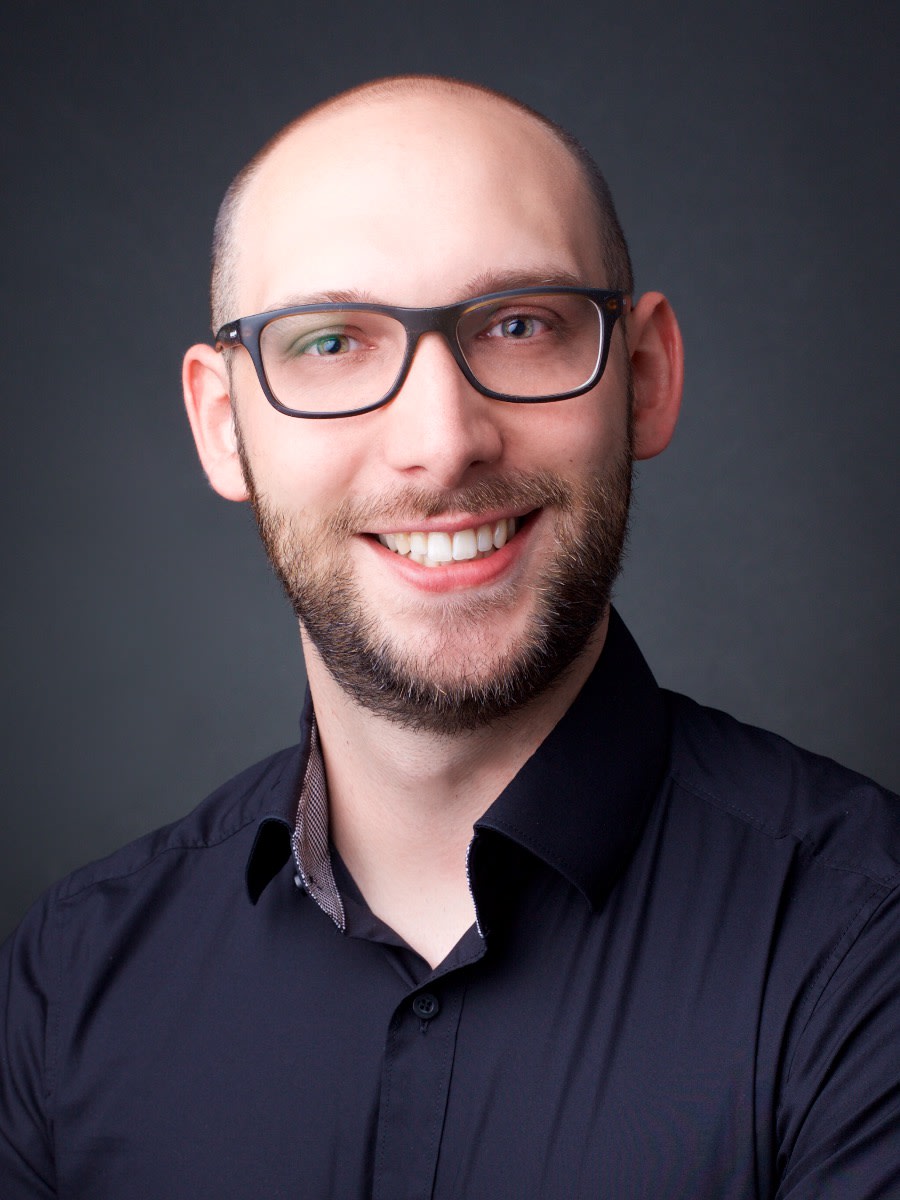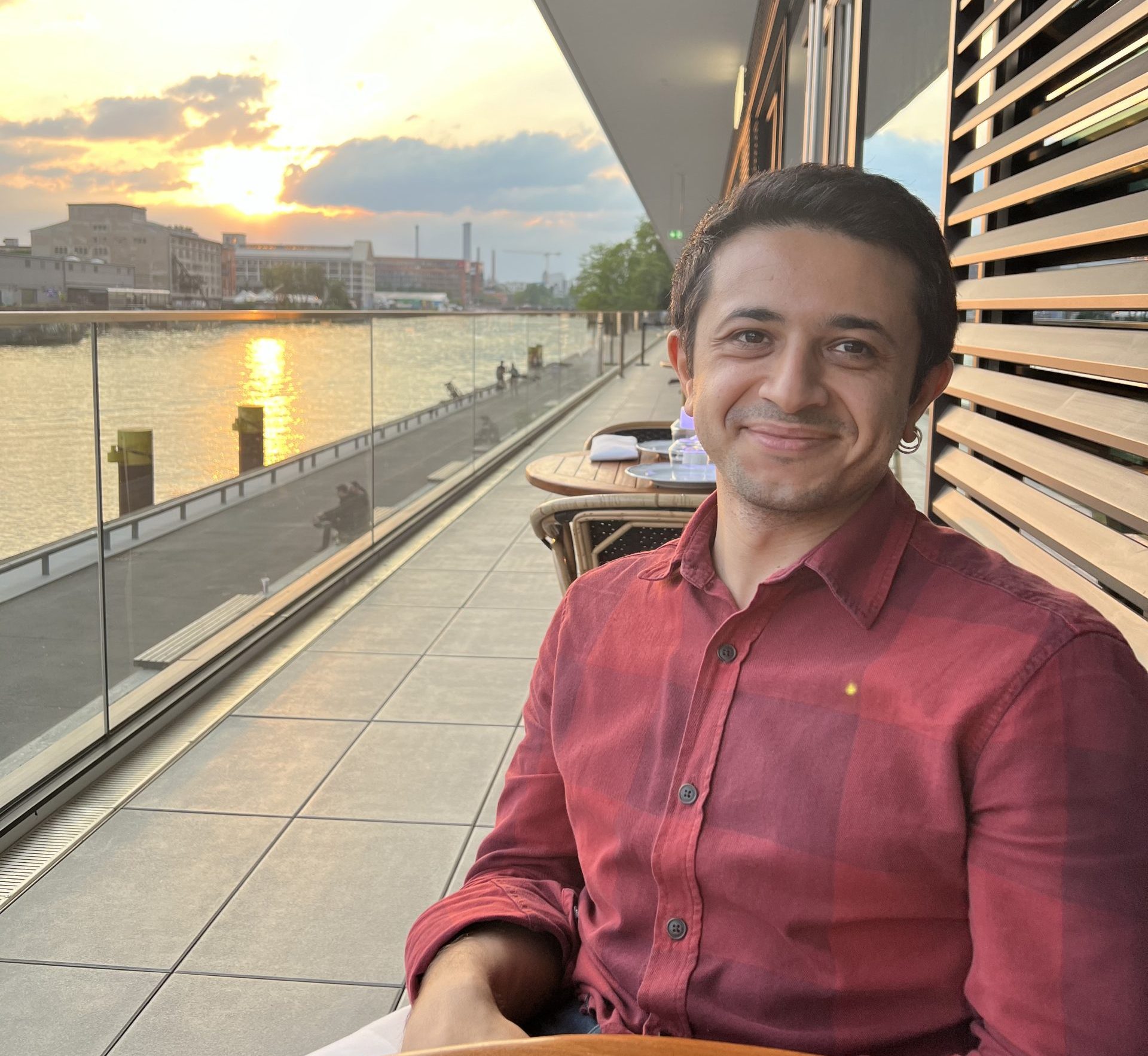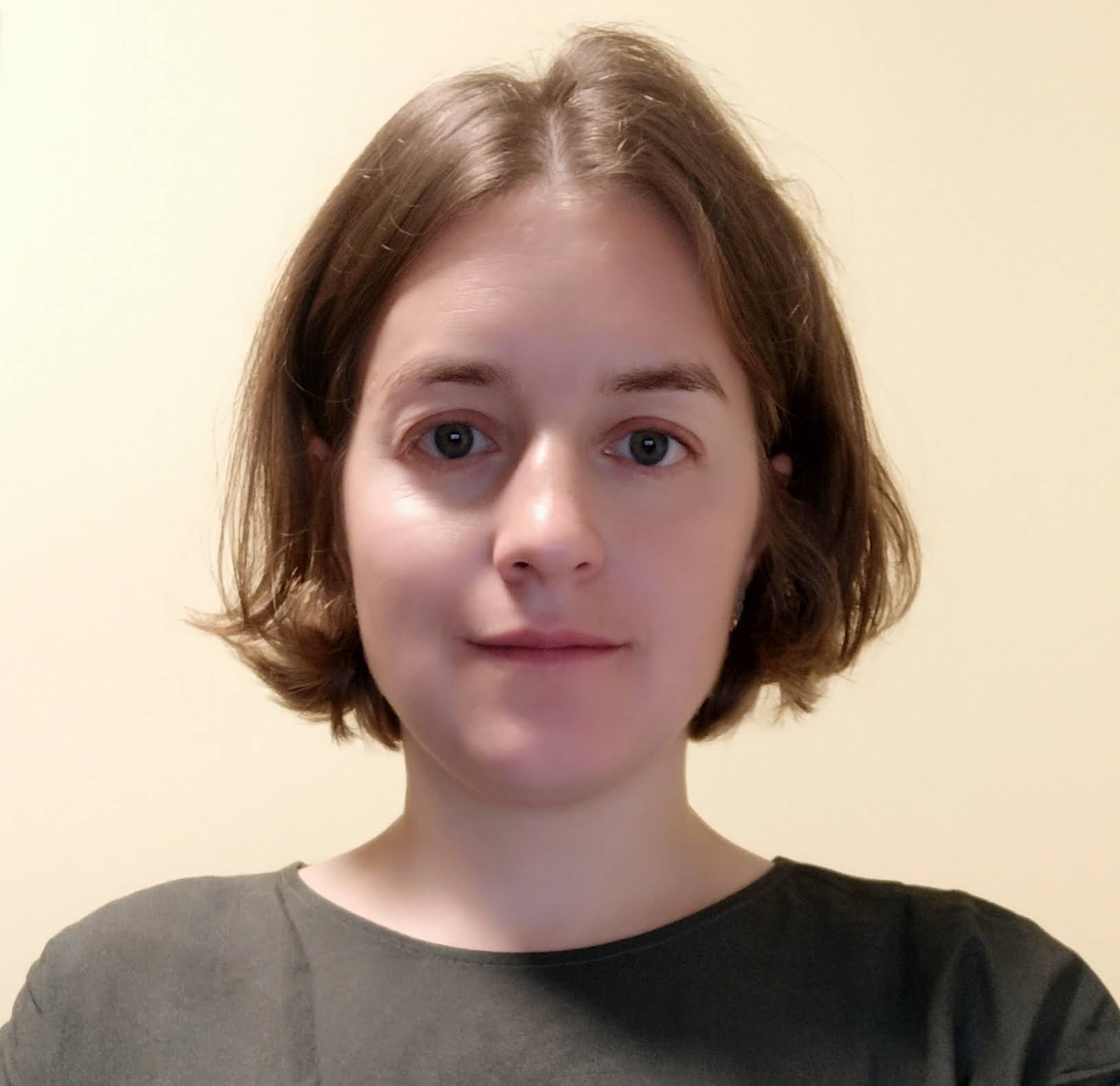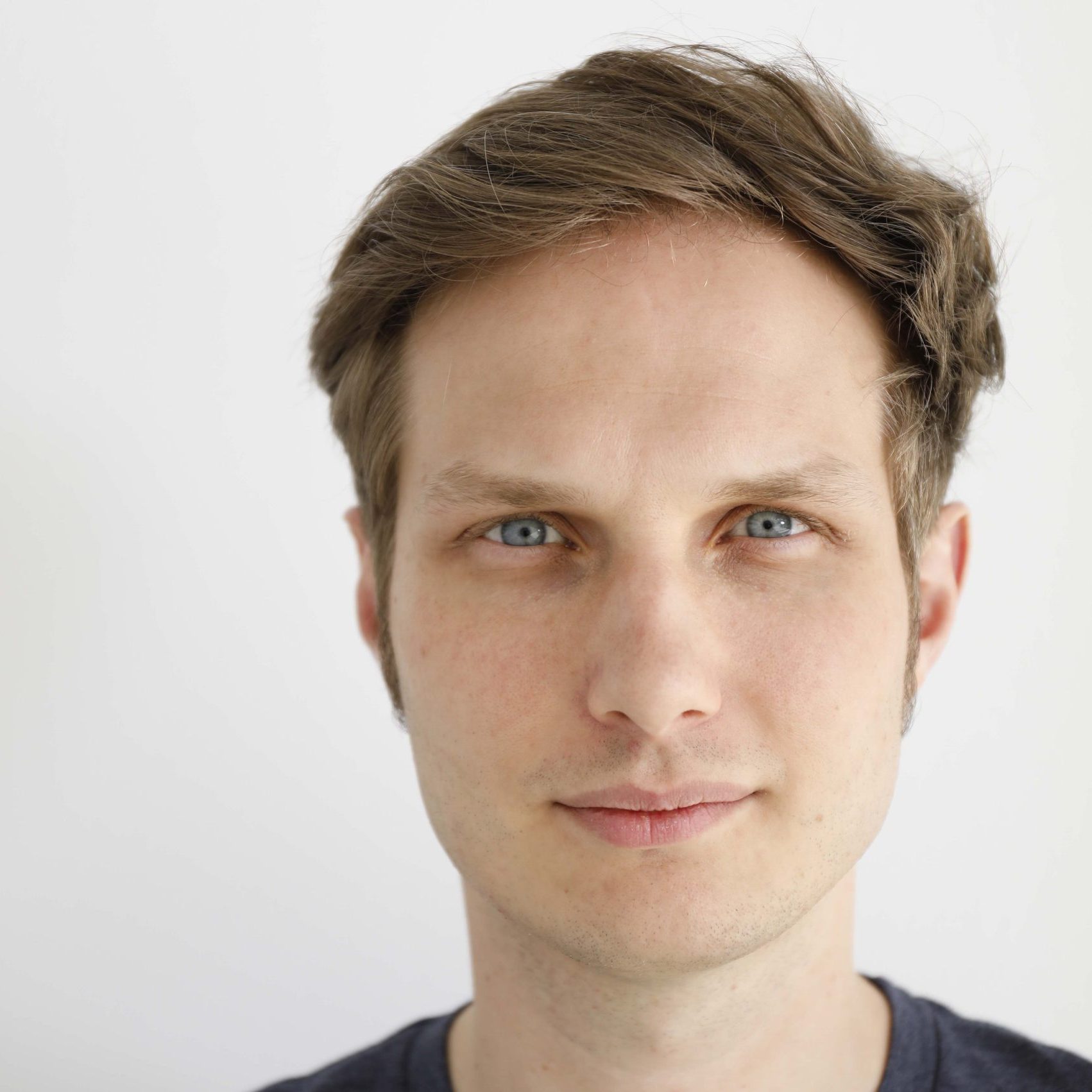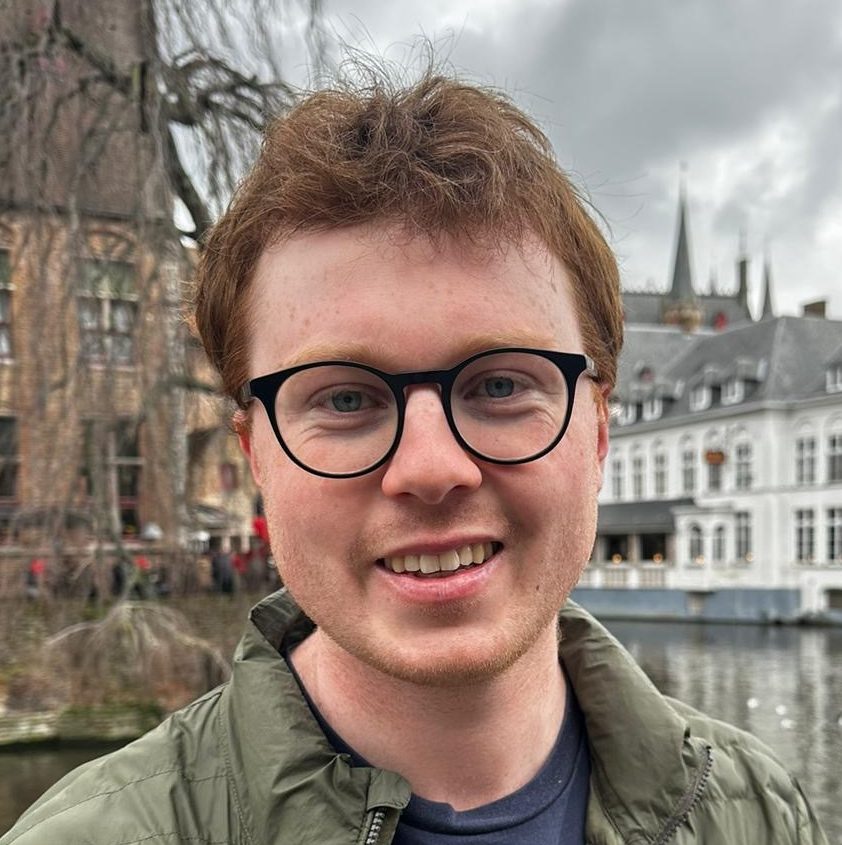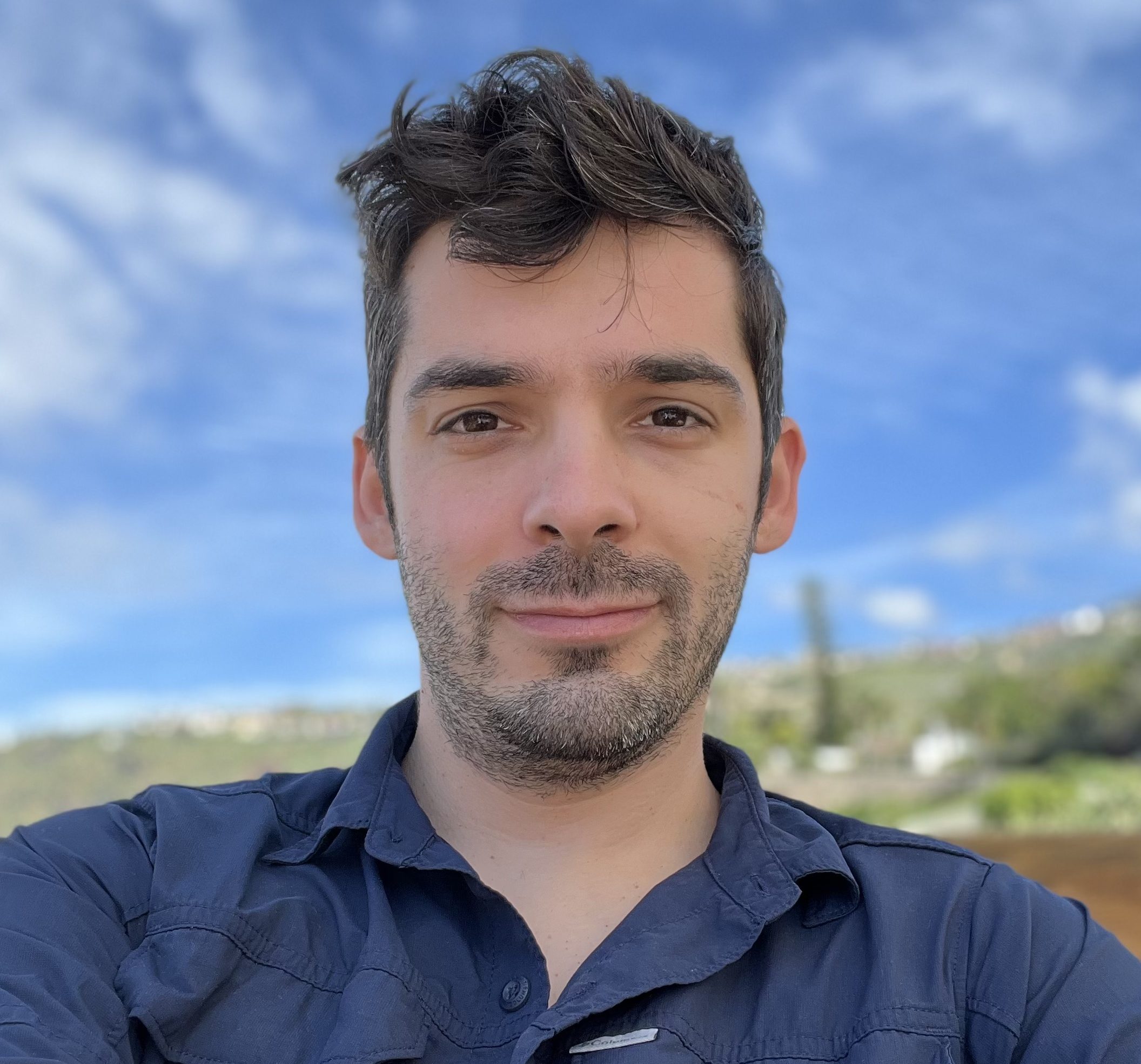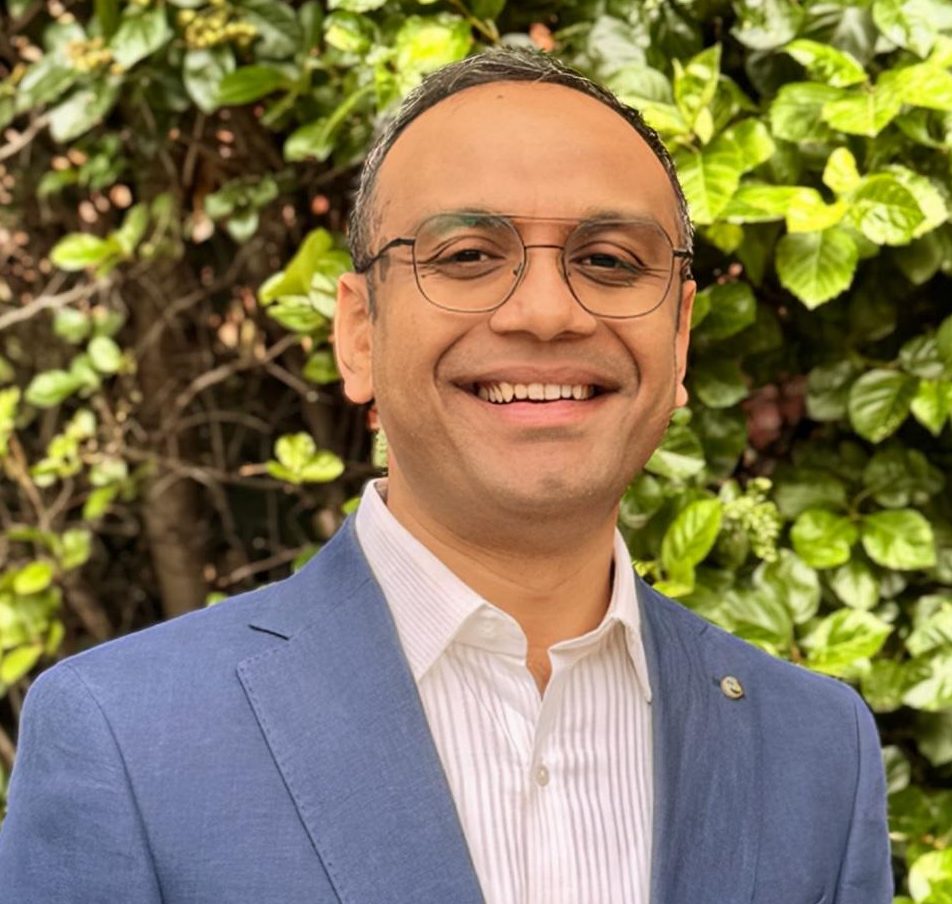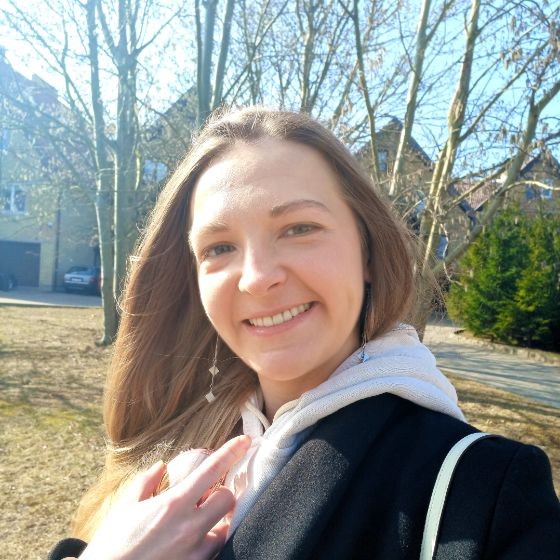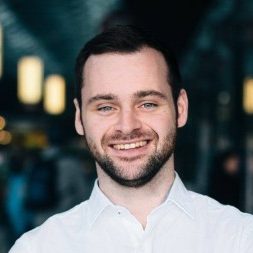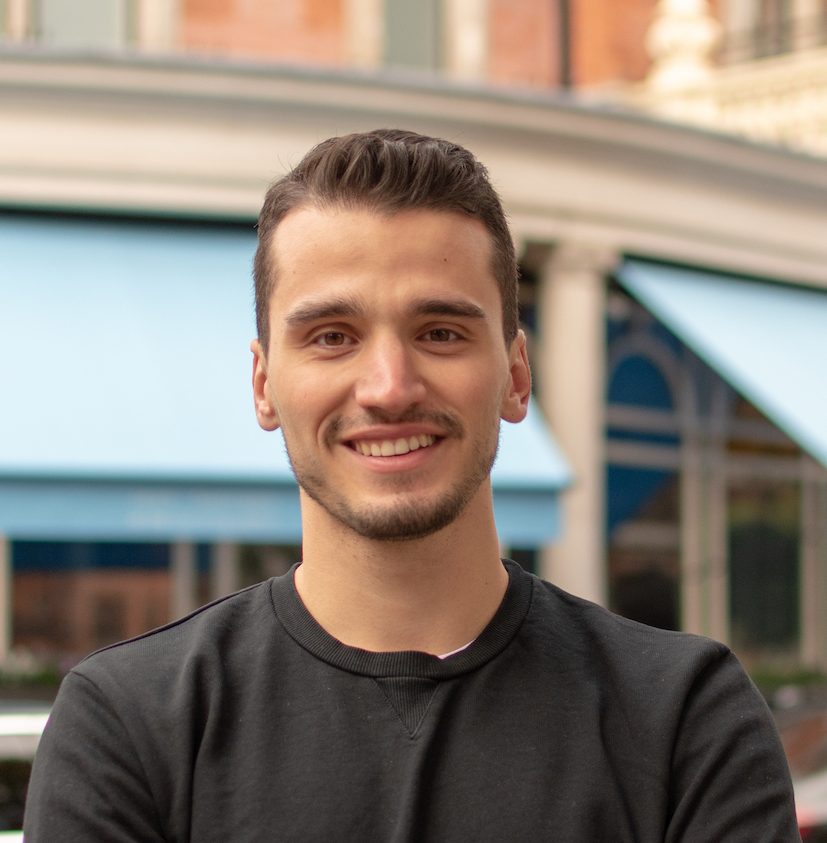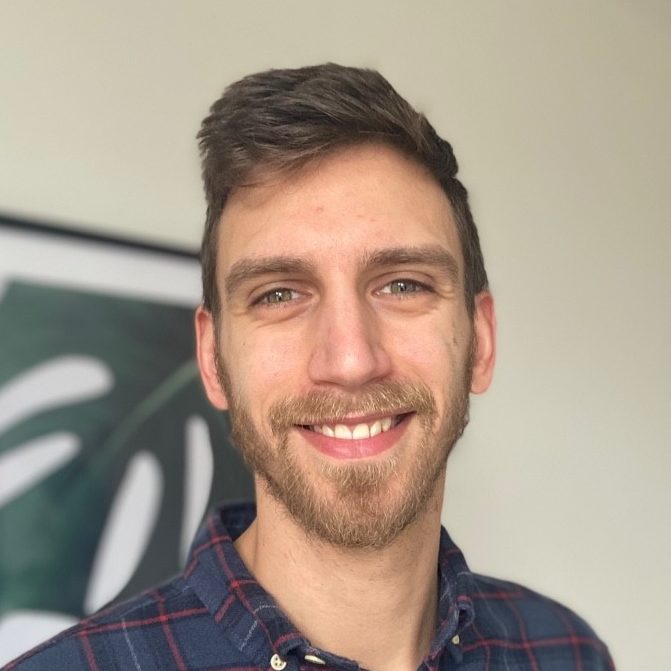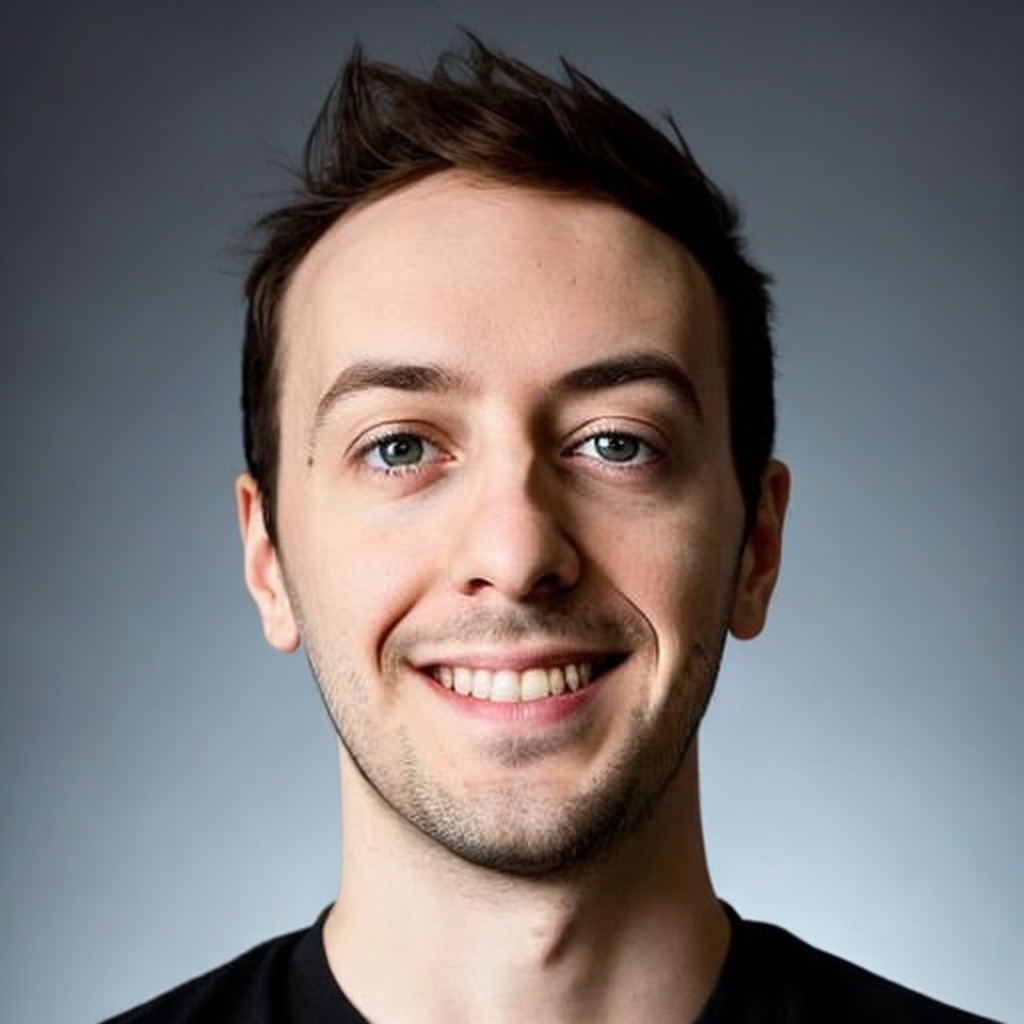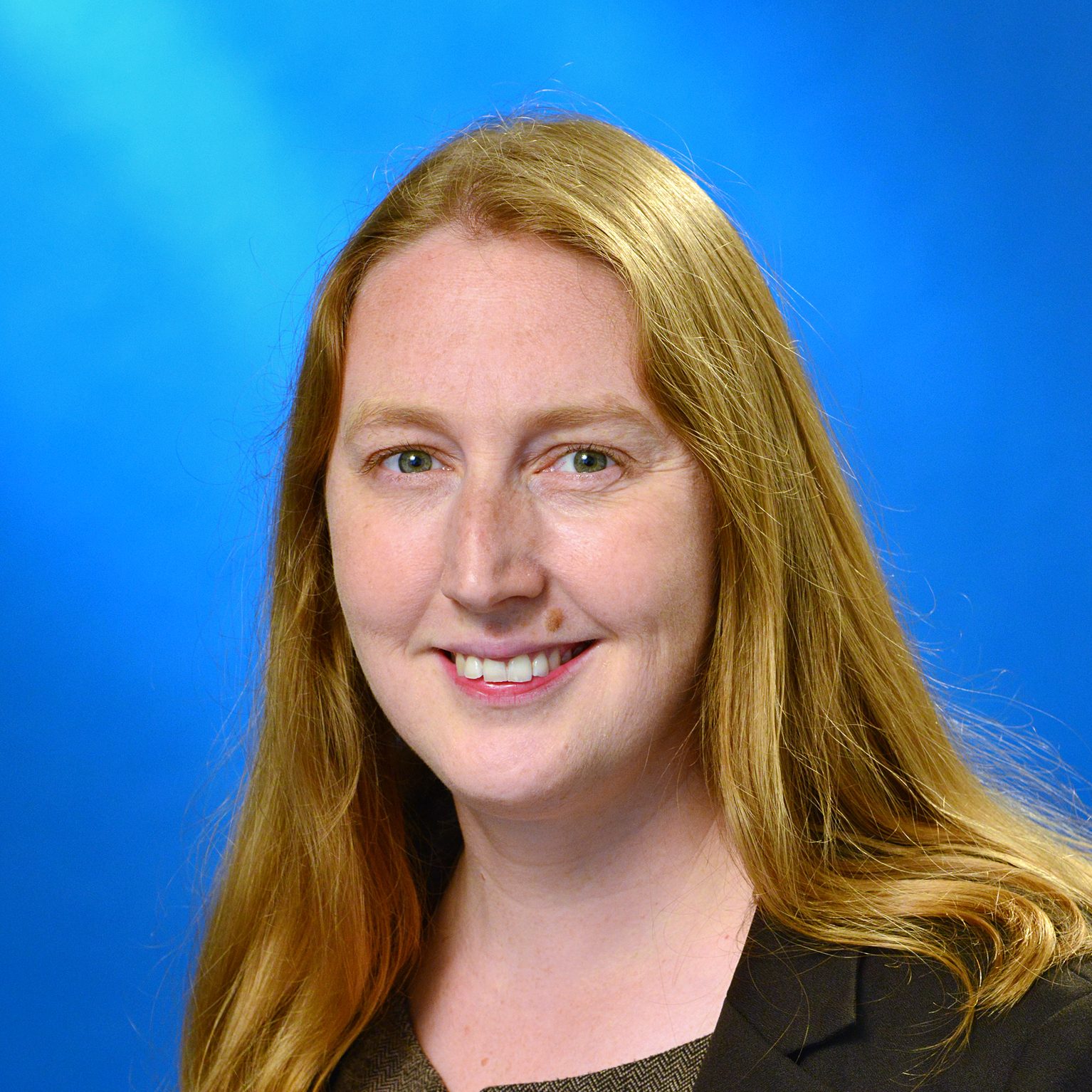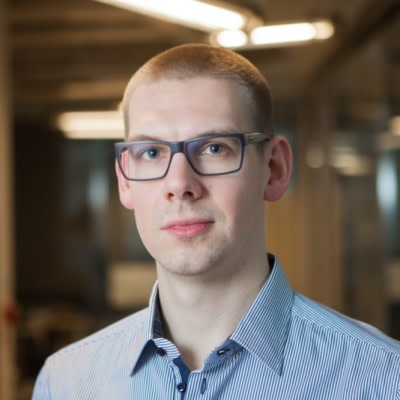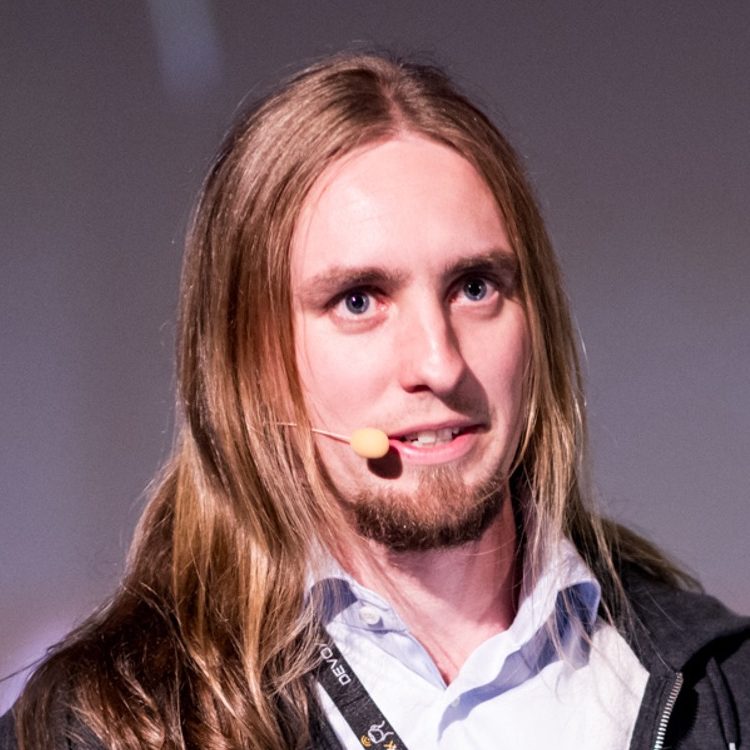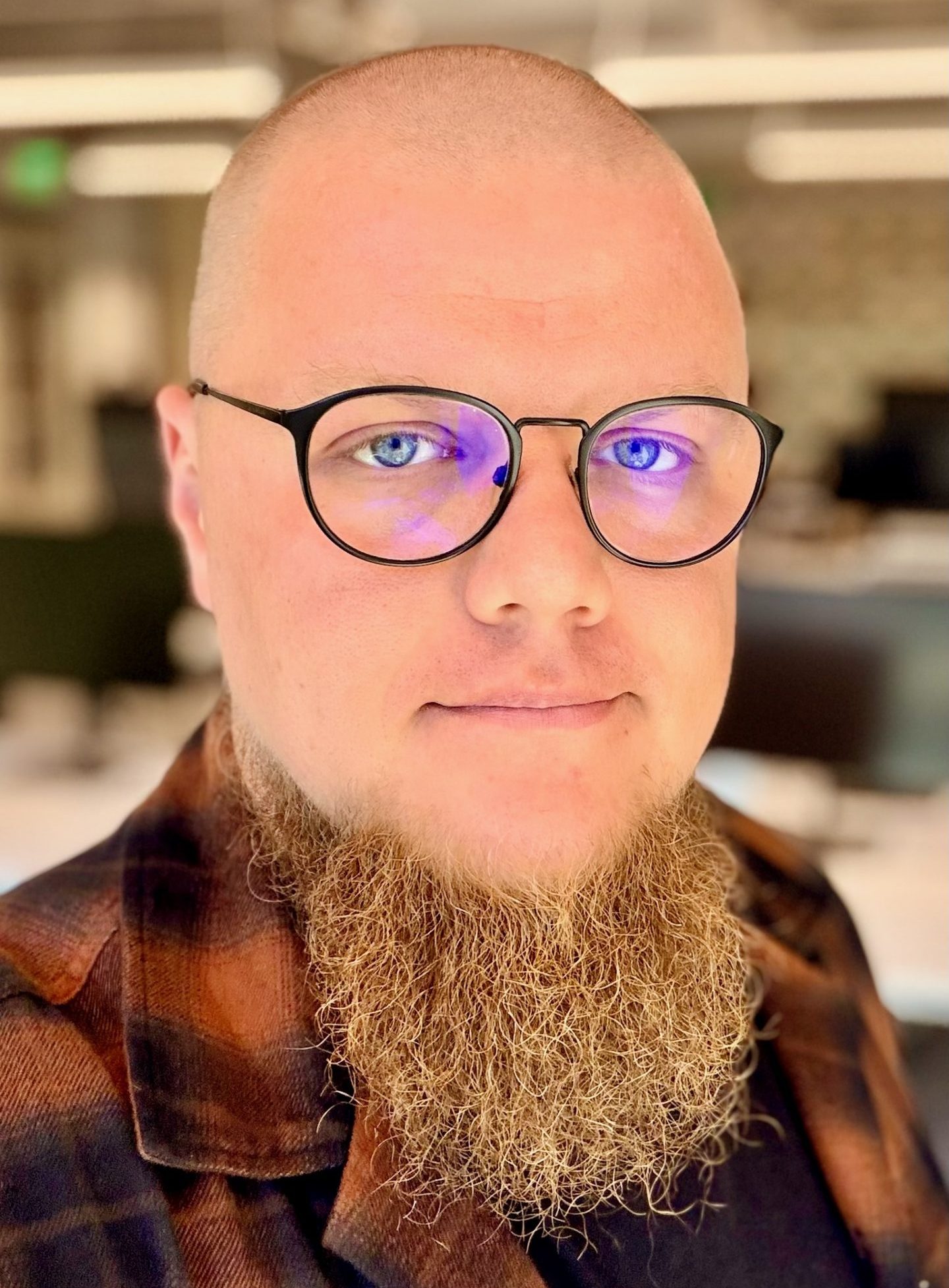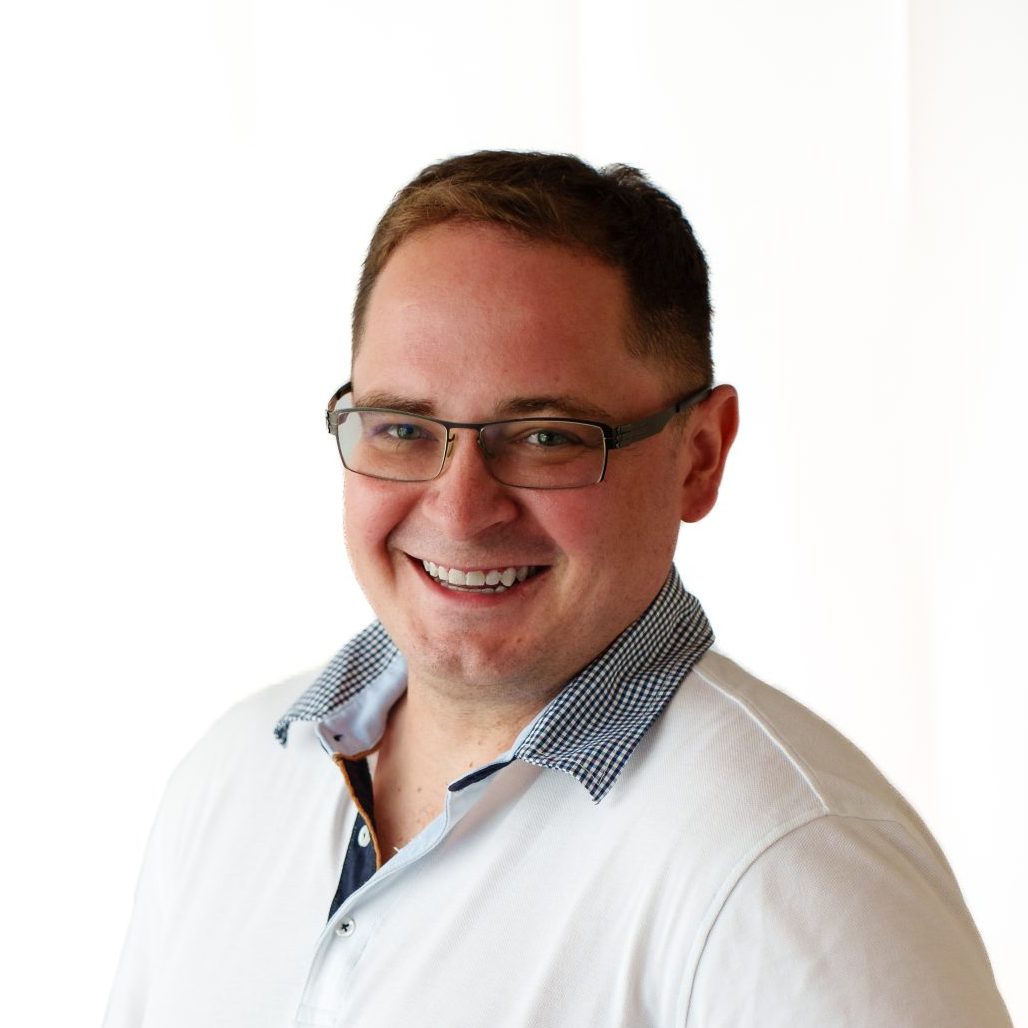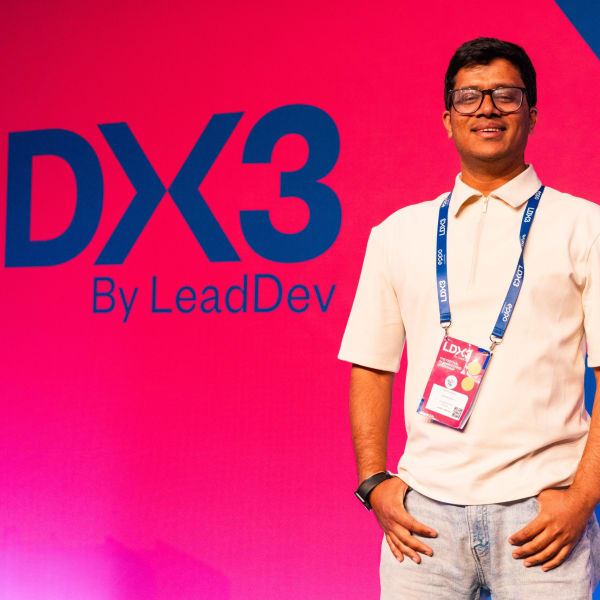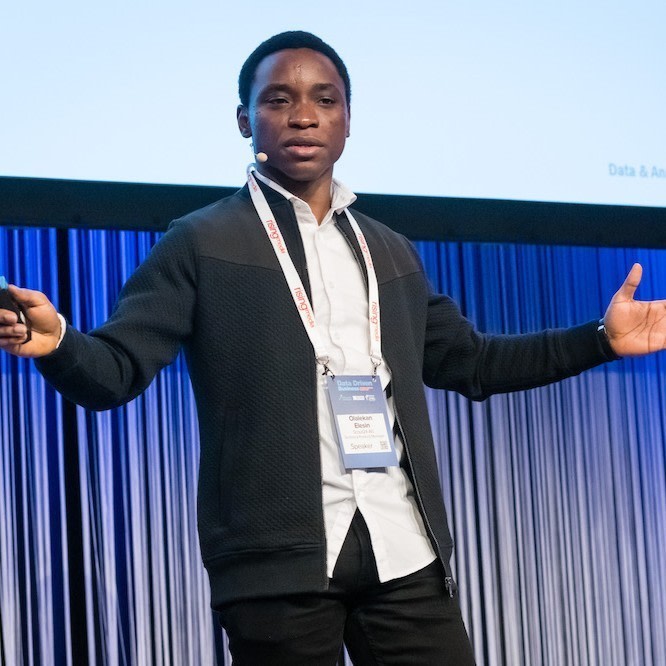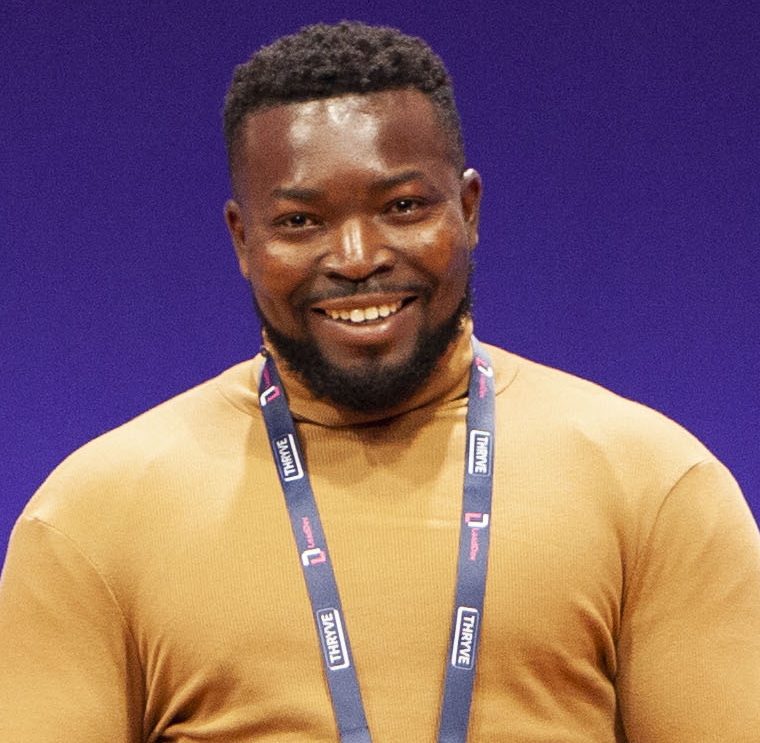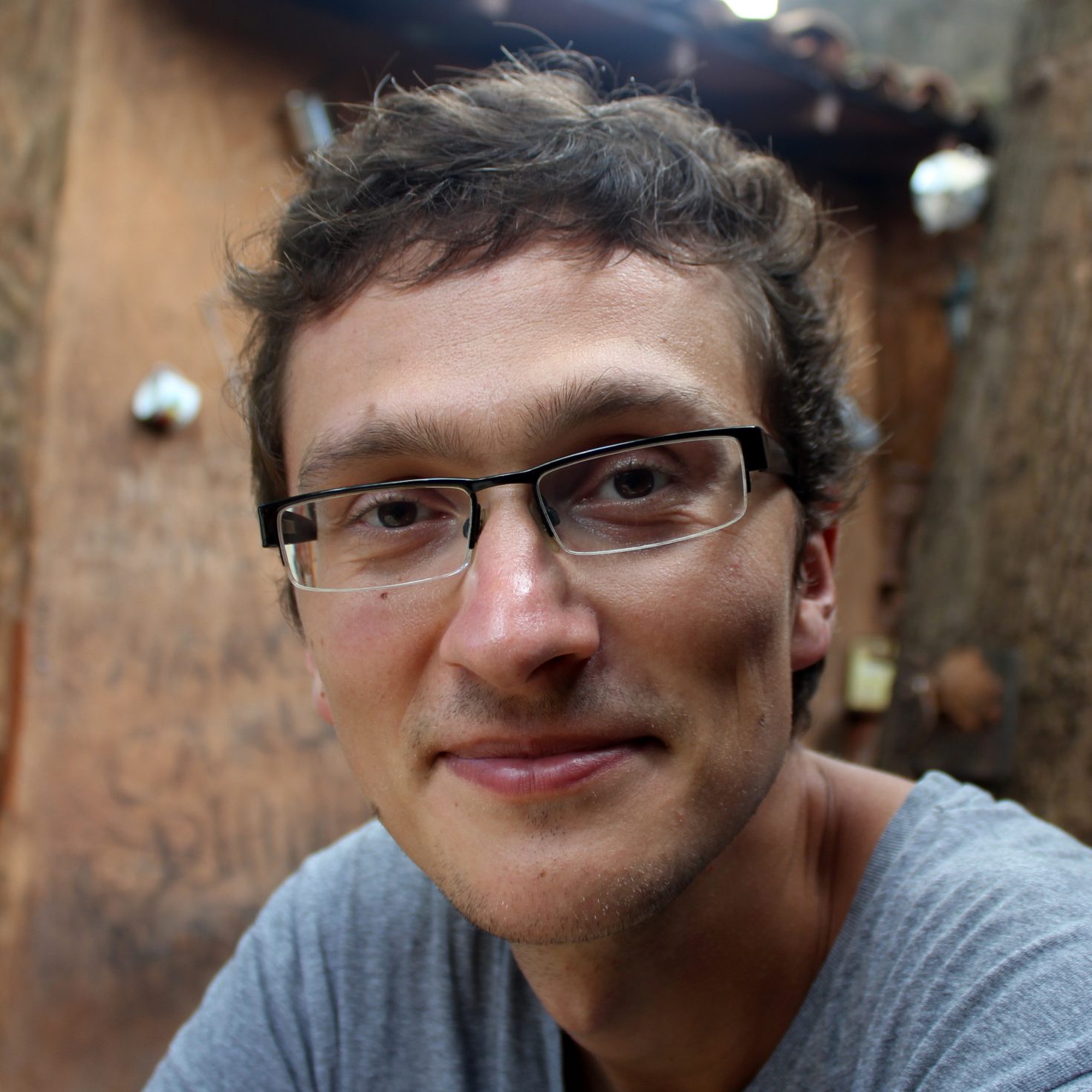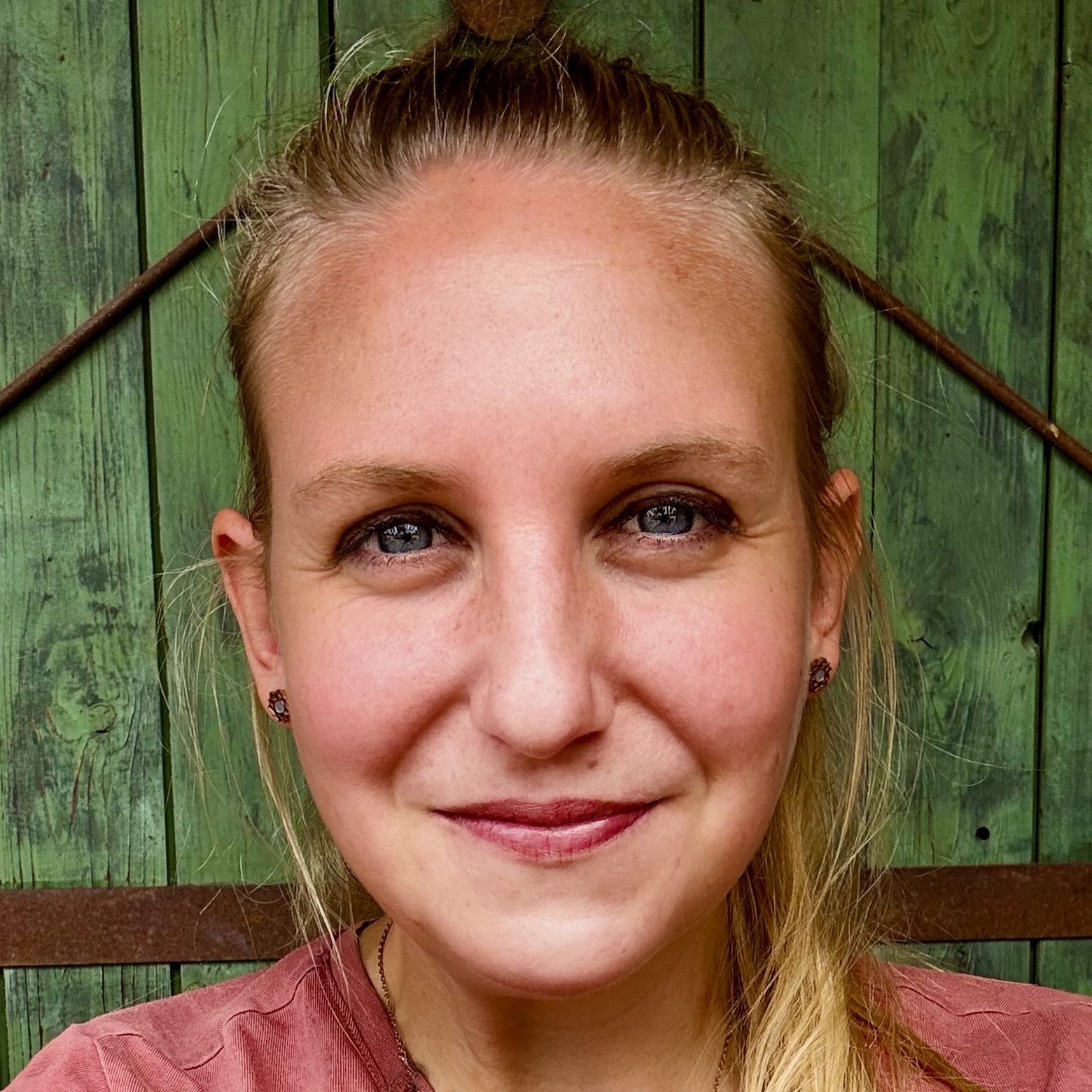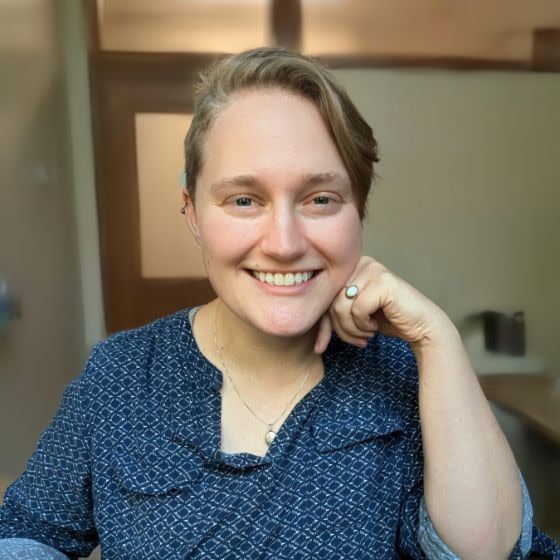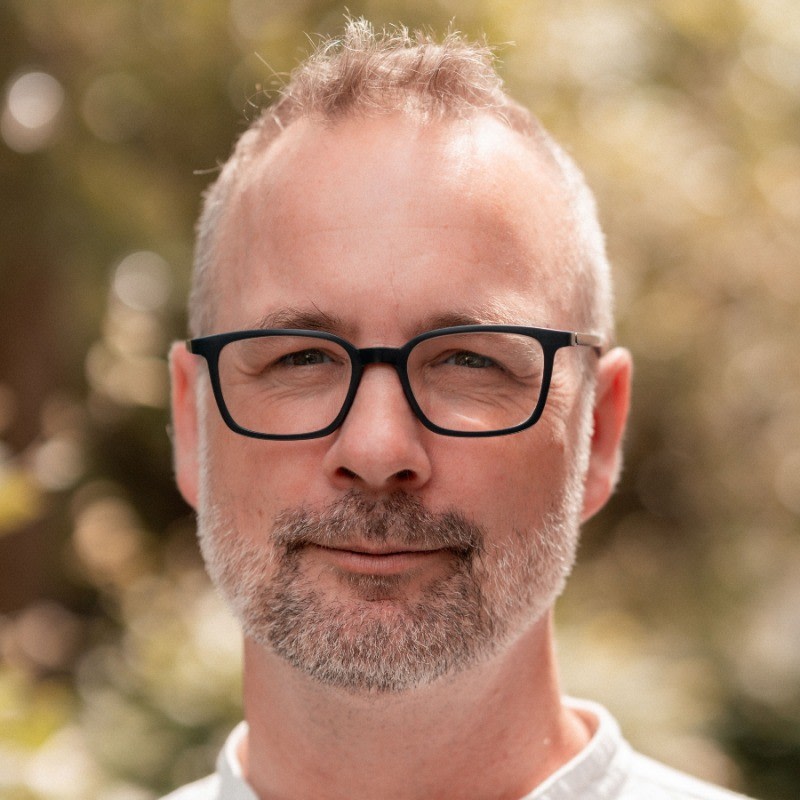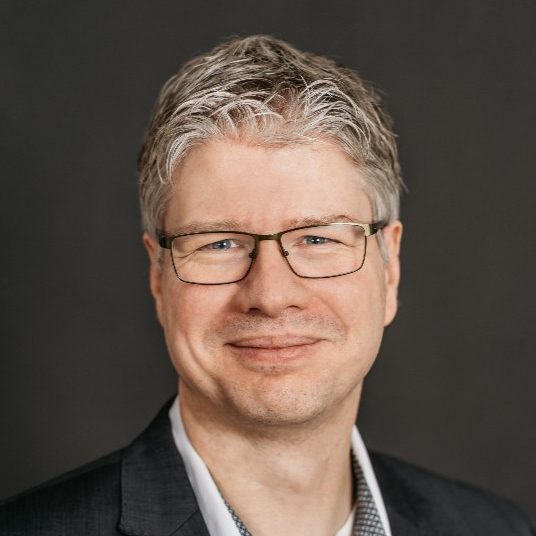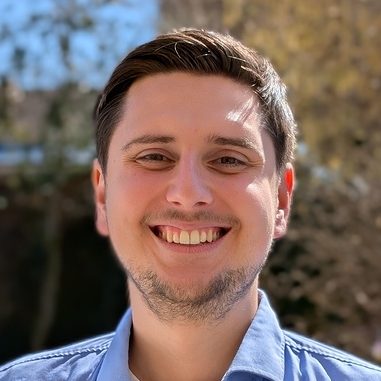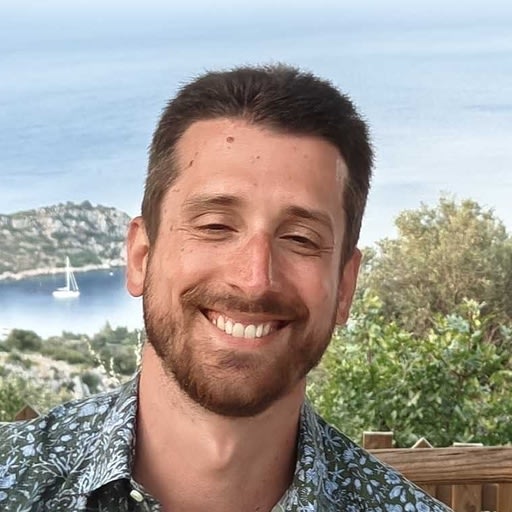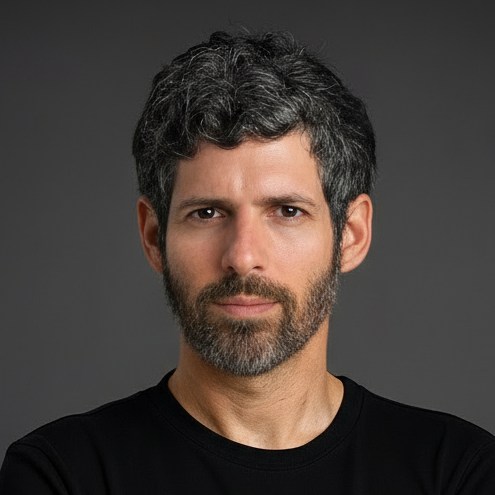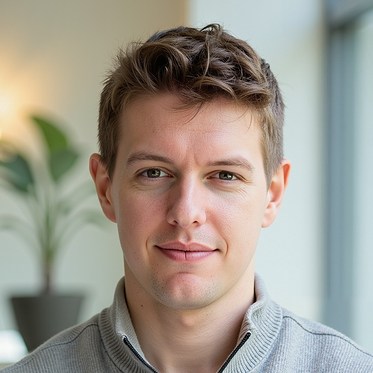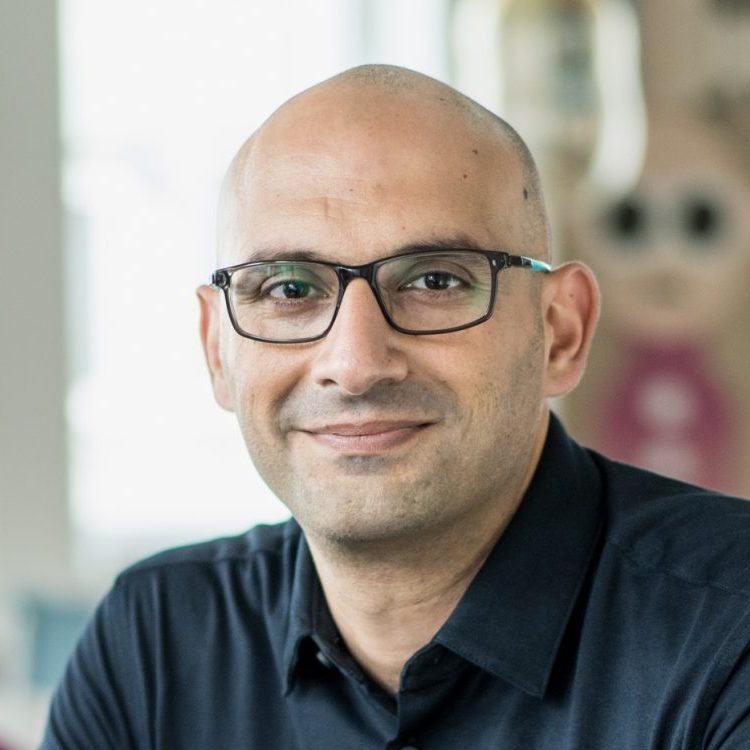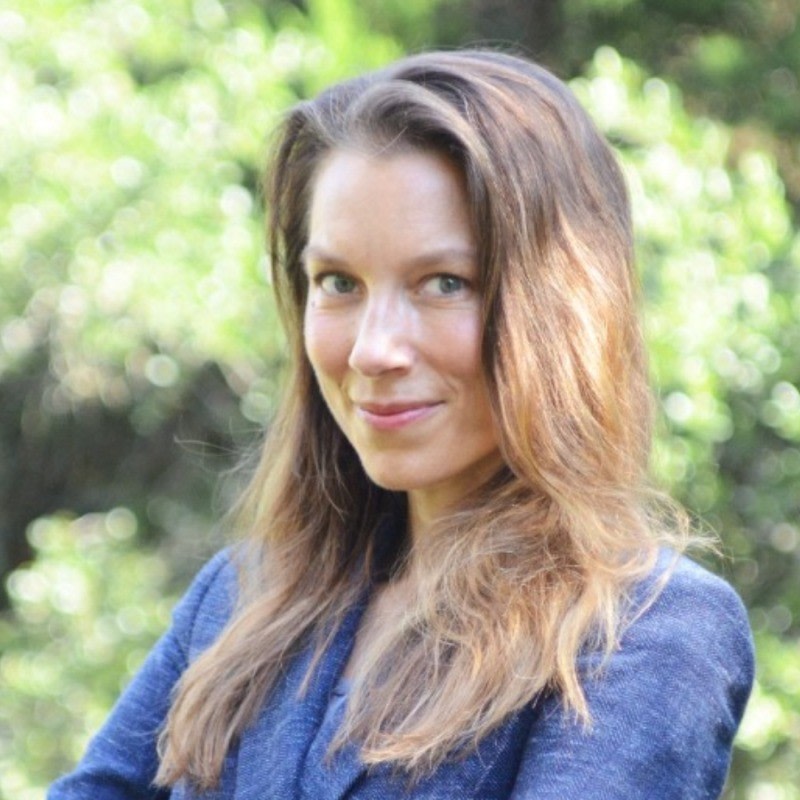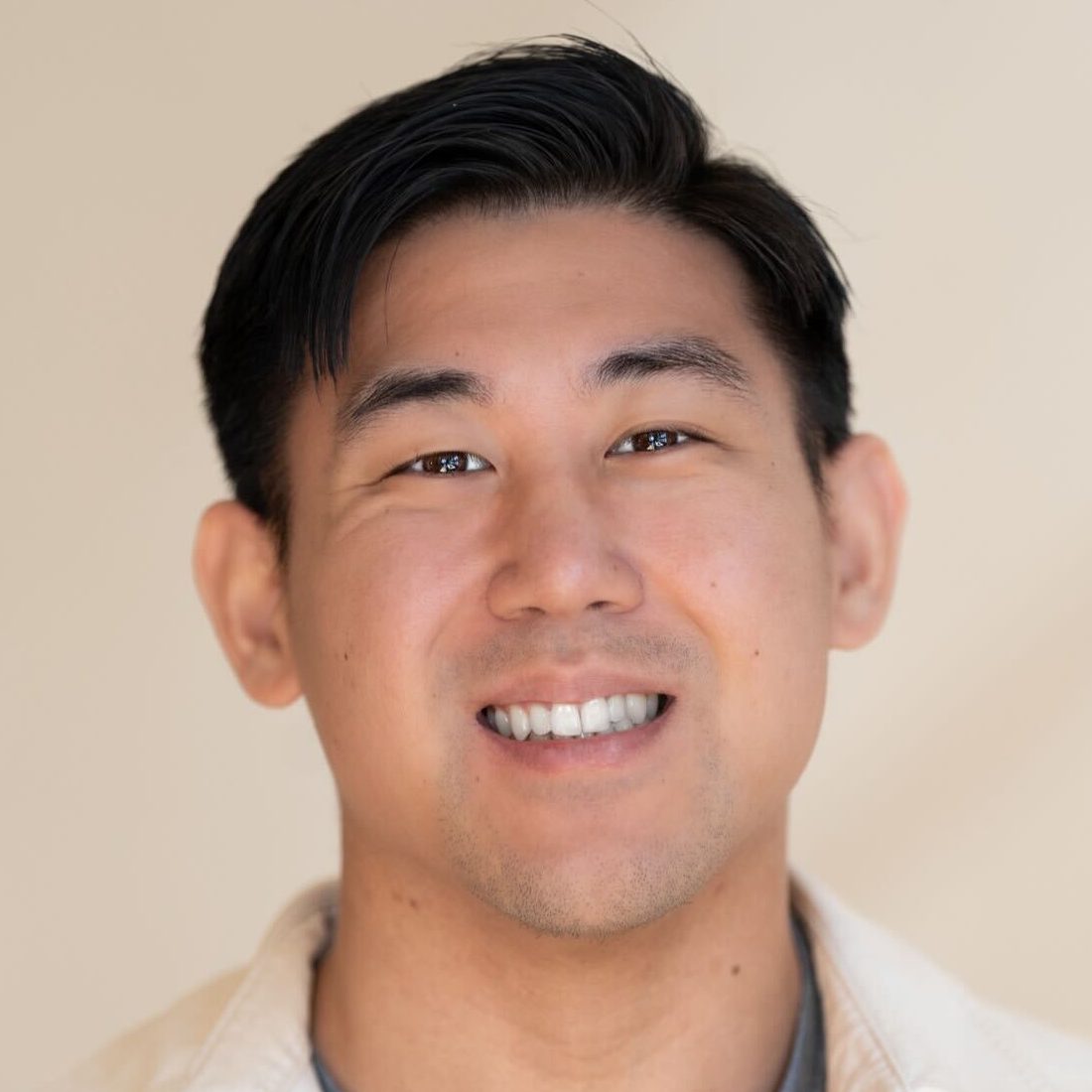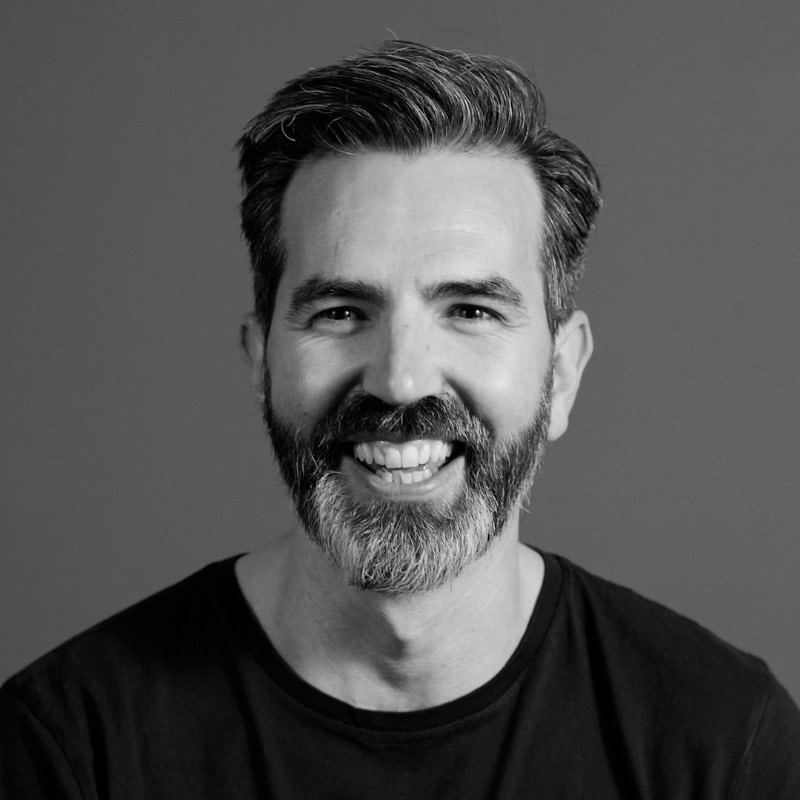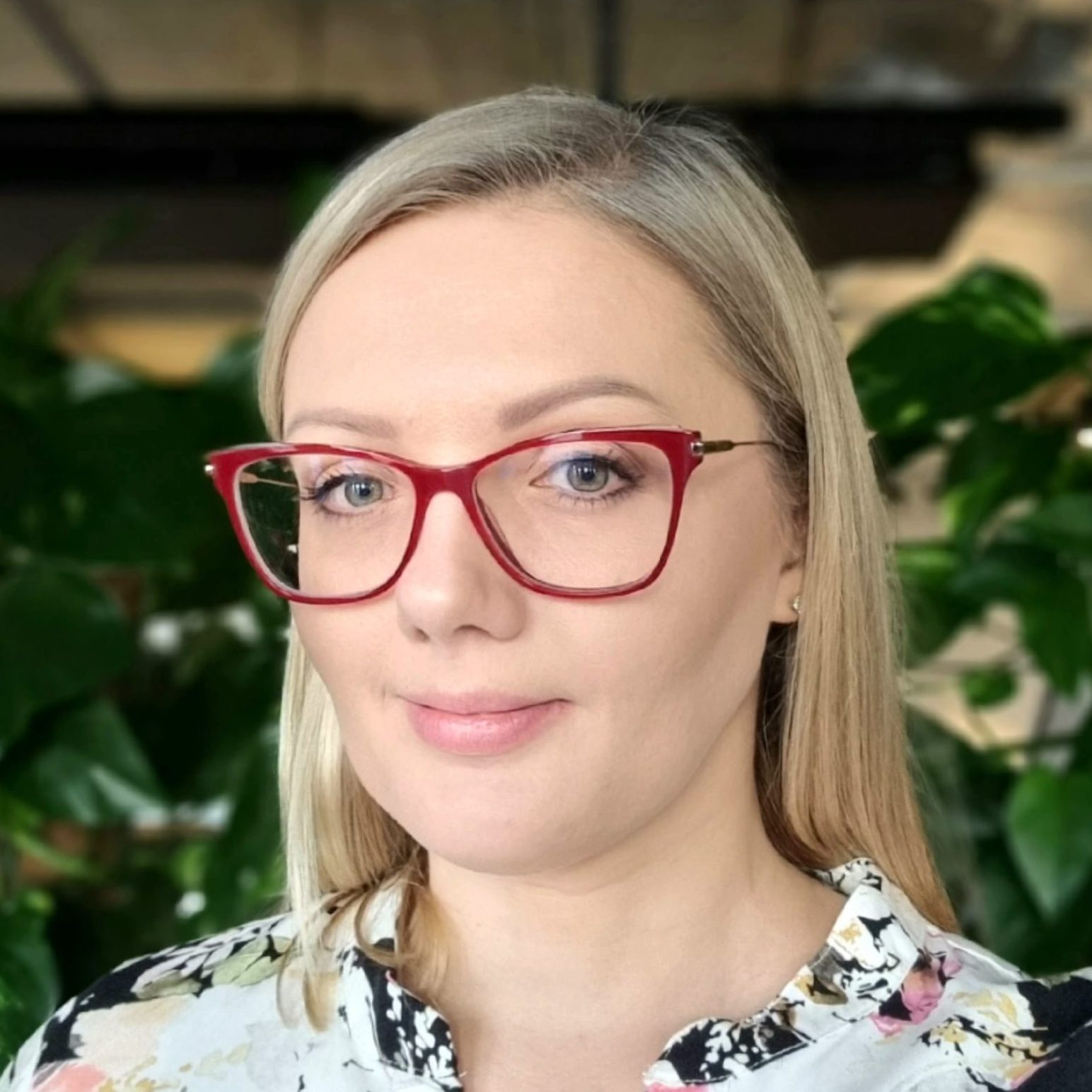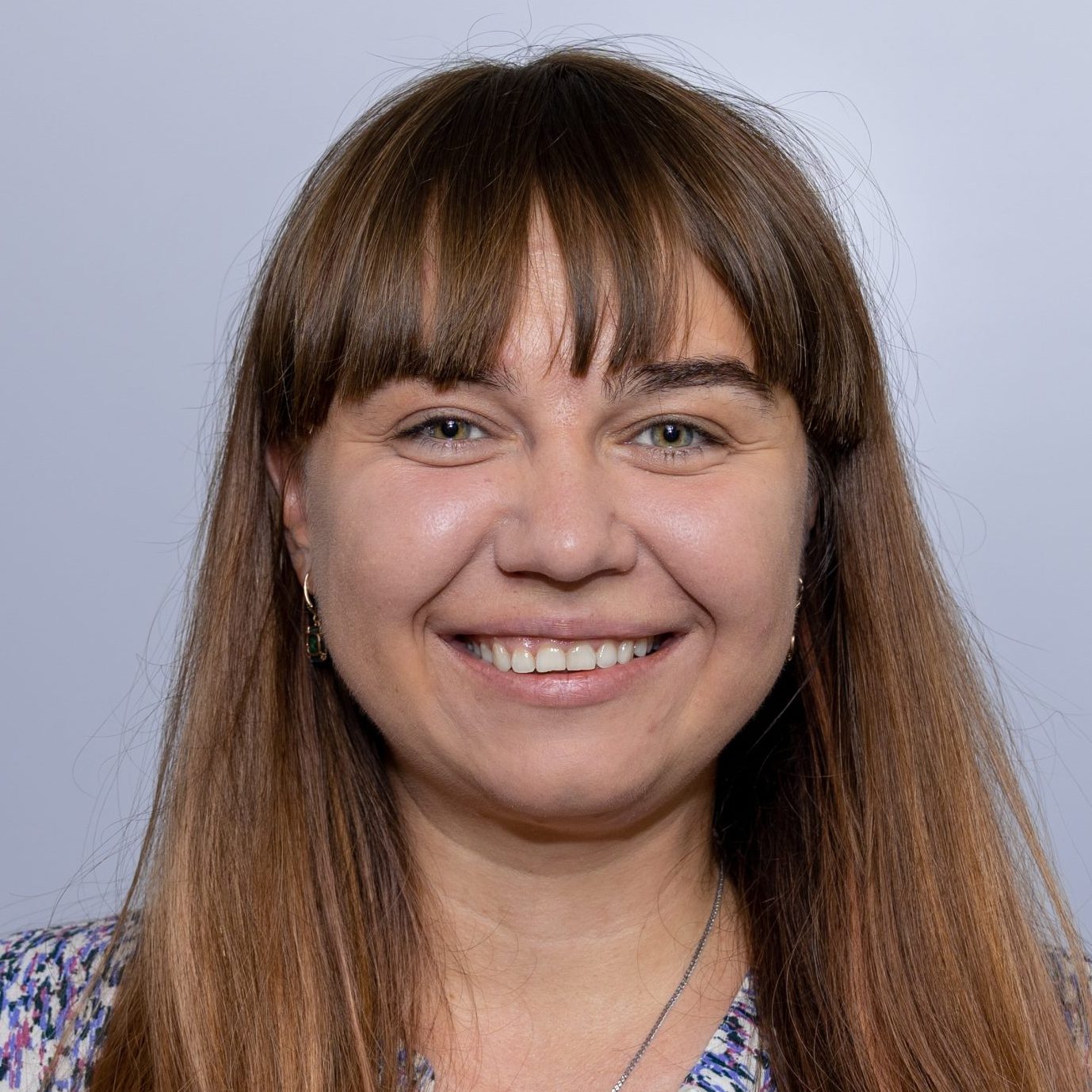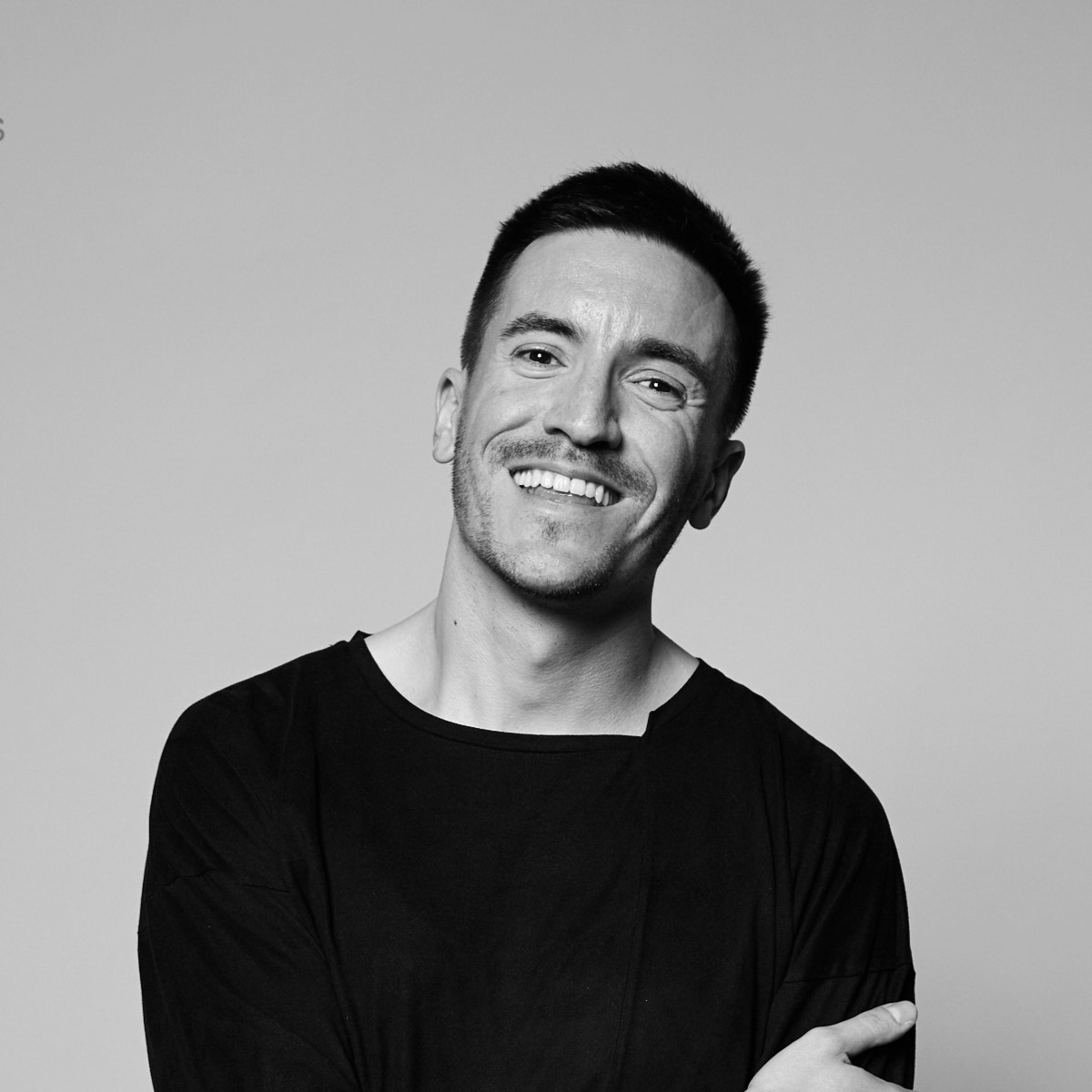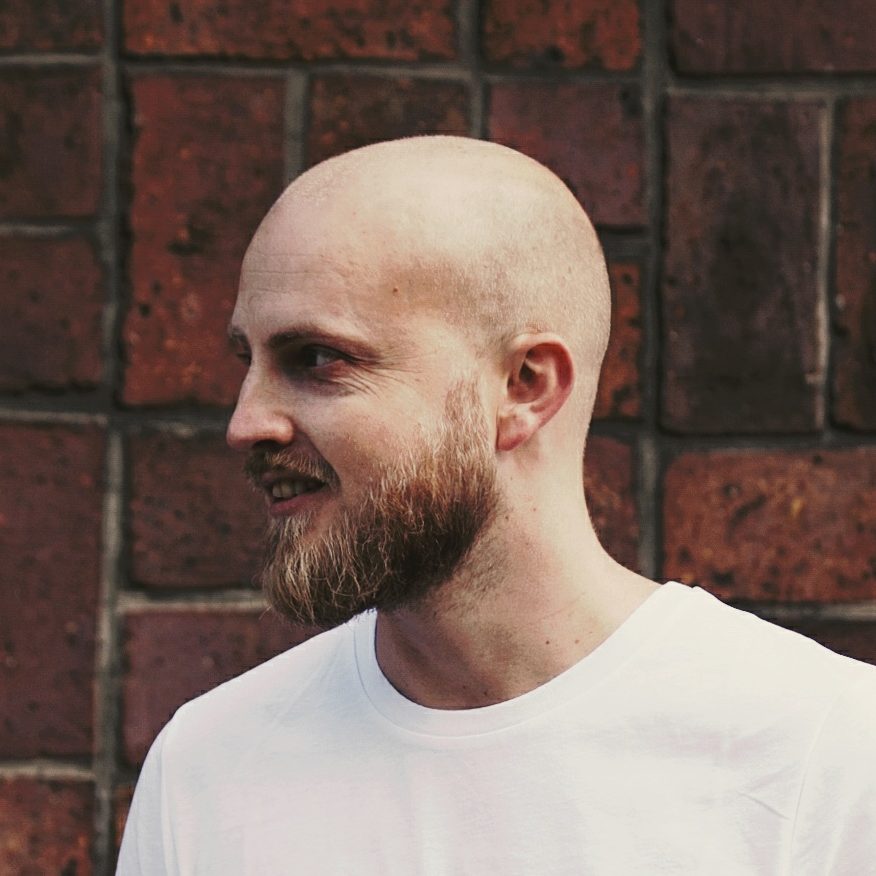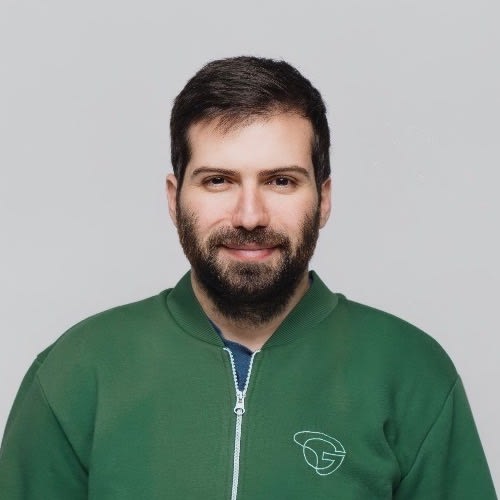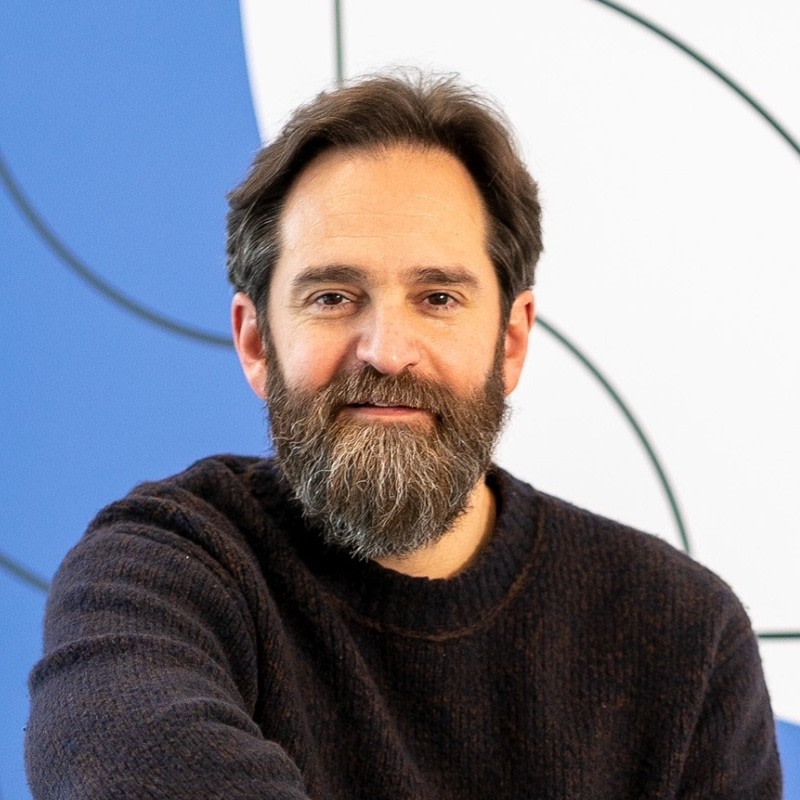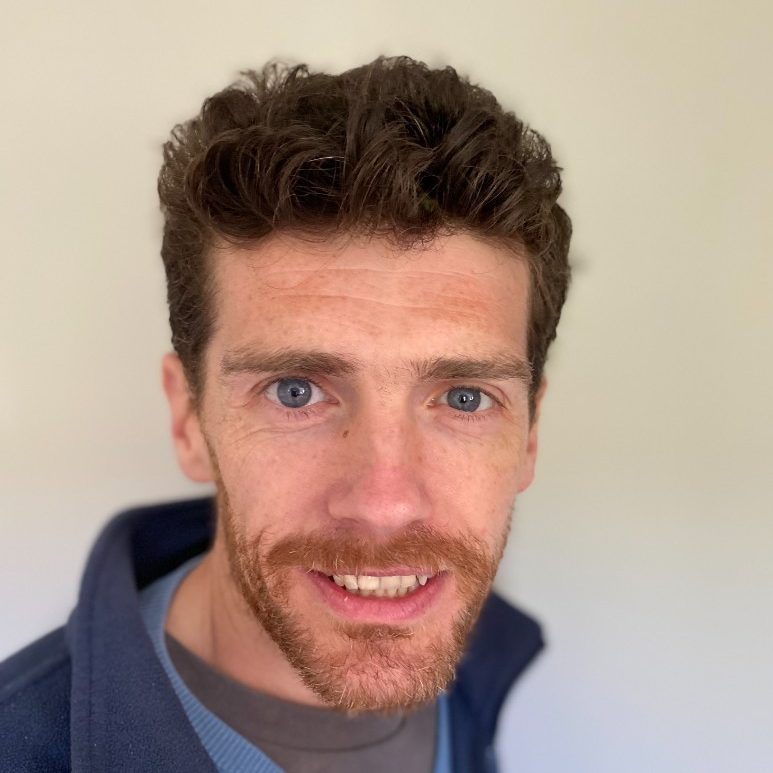TALK SCHEDULE
Arrival & Coffee
Talk
Experienced Manager•New Manager
What does innovation really mean? And how did Games Engineering navigate through it as a “startup” within Netflix
Learn how embracing paradoxes, discovery-driven learning, and integrative decisions enabled collaboration and unlocked innovation at Netflix.
Talk
Experienced Manager•New Manager•Staff+•Tech Lead
Hold on, let me prompt that
Explore how to lead with clarity and conviction in the GenAI era, balancing powerful tools with authentic, independent thinking.
Talk
Experienced Manager•New Manager•Staff+
LLMs: An operator’s view
Explore a pragmatic approach to using LLMs to boost team productivity, enhance products, and evolve your leadership strategy.
Morning Break
Talk
Experienced Manager•New Manager•Tech Lead
Painless compliance, and a thousand audits a day
Turn compliance into code: automate audits, integrate with CI/CD, and achieve painless, continuous, zero-drama compliance.
Talk
Director+•Experienced Manager•New Manager
What if I don’t want to climb?
Rethink career growth by exploring how non-linear paths, flexible frameworks, and exploration-first mindsets create stronger, more inclusive teams.
Talk
From evals to experiments: How to ship successful AI initiatives by failing cheaply
Discover practical ways to blend qualitative evals with quantitative experiments to reduce risk, improve learning speed, and deliver impactful AI projects.
Talk
Experienced Manager•New Manager•Staff+
Target architecture – Align. Execute. Deliver.
Explore how defining a clear target architecture boosts alignment, speeds up execution, and scales teams through better decision-making.
Lunch
Talk
Director+•Experienced Manager•New Manager•Staff+•Tech Lead
High-performance tech talent: Build, don’t buy!
Learn how CodeYourFuture develops diverse, high-potential individuals into advanced engineering roles while helping companies build exceptional, sustainable tech talent.
Talk
Director+•Experienced Manager
Leading leaders: Why your greatest strengths are your next blind spots
Managing managers isn’t just scaling up your IC playbook—it’s a whole new game. This talk challenges common assumptions and shares what it really takes to move from doing the work to enabling others to do it even better.
Talk
Detect malicious attacks at 84M RPS with ML under 500us
A deep dive into the high-performance, distributed architecture and machine learning optimizations Cloudflare uses to detect malicious attacks at a global scale with sub-millisecond latencies.
Talk
Experienced Manager•New Manager
Onboarding as a manager: How AI changed my first months
Learn how AI can support new engineering managers by accelerating context gathering, easing overwhelm, and enhancing team understanding.
Talk
Experienced Manager•New Manager
Engineering leadership in 2025: Thriving when budgets shrink
Find practical strategies for leading engineering teams through budget pressure by aligning decisions with impact, focus, and value.
Afternoon Break
Talk
New Manager•Staff+•Tech Lead
Your career isn’t stuck – you’re playing by the wrong rules
Learn how to break free from outdated career rules by building visibility, influence, and leadership on your own terms.
Talk
Experienced Manager•New Manager•Staff+•Tech Lead
Debugging self-doubt: A framework for building confidence
Explore a practical framework for tackling self-doubt with a debugging mindset to build lasting confidence and stronger teams.
Talk
Experienced Manager•New Manager•Staff+
The twin mandate: What leaders still don’t get about observability
Learn why many teams miss observability’s full potential and how leaders can unlock exceptional engineering performance through it.
Networking Mixer
Hallway activities
Office Hours
Meet the speakers
Chat with the speakers face-to-face in a relaxed, conversational environment.
Community Representation Groups
Connecting Women leaders
Connect with other leaders who have similar backgrounds and experiences to yours, and build a peer network for support throughout your leadership journey.
Industry Interest Groups
Connecting engineering leaders in Banking and Financial Services
Join our relaxed sessions where you can meet peers working in similar domains to share ideas, collaborate on challenges and exchange solutions.
Voltron Quest
Voltron Quest
Inspired by Lara Hogan’s Manager Voltron, build your personal network at LeadDev Berlin.
Meet the Author
Meet the author: Sam Newman
Bring a book and get it signed – or just have a chat.
DirectorPlus Networking Coffee
Director+
DirectorPlus Networking Coffee
A warm, casual coffee break where senior engineering leaders connect, share experiences, and spark meaningful conversations.
Table Talks
How do you keep learning even when you’re short on time?
Join facilitated conversations and dive into key issues facing engineering teams.
Table Talks
How to go from code reviewer to AI leader and confidently deploy AI generated code?
Join facilitated conversations and dive into key issues facing engineering teams.
Table Talks
How to mentor effectively?
Join facilitated conversations and dive into key issues facing engineering teams.
Solution Swap
I’m burning out and it feels like there’s never enough time. What can I do?
Trade tactics for tackling everyday challenges.
Table Talks
How do you foster structured support and connection for managers in distributed work environments?
Join facilitated conversations and dive into key issues facing engineering teams.
Table Talks
How can you strategically balance resilience and innovation velocity?
Join facilitated conversations and dive into key issues facing engineering teams.
Table Talks
How can AI practically deliver value to engineering teams?
Join facilitated conversations and dive into key issues facing engineering teams.
Solution Swap
Talented engineers on my team want to advance their careers but there are not as many opportunities available, how do I keep them motivated?
Trade tactics for tackling everyday challenges.
Office Hours
Meet the speakers
Chat with speakers face-to-face in a relaxed, conversational environment.
Community Representation Groups
Connecting Asian leaders
Connect with other leaders who have similar backgrounds and experiences to yours, and build a peer network for support throughout your leadership journey.
Next Steps AMA
Tackling the role of Tech Lead
Dedicated sessions on how to take the next step in your career for tackling the role of a Tech Lead.
Industry Interest Groups
Connecting engineering leaders in Ecommerce
Join our relaxed sessions where you can meet peers working in similar domains to share ideas, collaborate on challenges and exchange solutions.
Next Steps AMA
Stepping into the role of Staff Engineer
Dedicated sessions on how to take the next step in your career for stepping into the role of a Staff Engineer.
Table Talks
How can you foster a culture of experimentation within your teams?
Join facilitated conversations and dive into key issues facing engineering teams.
Table Talks
How can you solve the problem of technical debt when you’re scaling up?
Join facilitated conversations and dive into key issues facing engineering teams.
Table Talks
How do you embed observability into your engineering culture?
Join facilitated conversations and dive into key issues facing engineering teams.
Solution Swap
There are many things that only I know how to do and I feel like I am becoming a bottleneck for my team – what can I do?
Trade tactics for tackling everyday challenges.
Office Hours
Meet the speakers
Chat with speakers face-to-face in a relaxed, conversational environment.
Community Representation Groups
Connecting Neurodivergent leaders
Connect with other leaders who have similar backgrounds and experiences to yours, and build a peer network for support throughout your leadership journey.
Community Representation Groups
Connecting Black leaders
Connect with other leaders who have similar backgrounds and experiences to yours, and build a peer network for support throughout your leadership journey.
Next Steps AMA
Preparing for the role of Principal Engineer
Dedicated sessions on how to take the next step in your career for preparing for the role of a Principal Engineer.
Office Hours
Meet the speakers – Day 1, 17:45
Chat with speakers face-to-face in a relaxed, conversational environment.
Contributor AMA
Become a LeadDev Contributor AMA
Join the LeadDev content team to explore ways to share your experience and get involved as a contributor.
Meet the Author
Meet the author: Mathias Meyer
Bring a book and get it signed – or just have a chat.
WORKSHOPS
Workshop
Reading your systems: Using technical skills to drive software delivery excellence
Learn to “read” your engineering systems using data and technical insight to uncover bottlenecks, optimize flow, and accelerate software delivery.
Lunch and Learn
Lunch and Learn with women leaders
Grab lunch, meet your peers and discuss core engineering challenges.
Workshop
Navigating difference and disagreement
Explore how to turn differences and disagreements into opportunities for growth by practicing healthy conflict and effective team communication.
Workshop
Designing an actionable tech strategy
Learn to define what a good strategy looks like, how to make it live and evolve with your team, and how to connect it to day-to-day decision-making.
Workshop
The AI amplifier: A hands-on workshop on the DORA 2025 State of AI-assisted Software Development
Harnessing AI’s power without amplifying chaos
SOLUTIONS STAGE
Demo Stage
Live demo: Harness – Break the bottleneck: AI and the new era of software delivery
Explore solutions for your technical issues.
Demo Stage
Live demo: Incident.io – Incident response in the AI Era
Explore solutions for your technical issues.
Demo Stage
Live demo: CircleCI – Meet Chunk: Your agent to ship at AI speed with confidence
Explore solutions for your technical issues.
Demo Stage
Live demo: Honeycomb – From chaos to clarity: Fast, full-fidelity debugging without the guesswork
Explore solutions for your technical issues.
Demo Stage
Live demo: Retool – Generating production-ready internal applications: Enterprise app generation
Explore solutions for your technical issues.
Demo Stage
Live demo: LaunchDarkly – The safety control plane for AI-generated code
Explore solutions for your technical issues.
Demo Stage
Live demo: Checkly – Shift-left monitoring with Playwright & AI
Explore solutions for your technical issues.
Demo Stage
Live demo: Pandorian – The code enforcement magic show
Explore solutions for your technical issues.
Demo Stage
Live demo: Vercel – From idea to web: Building at the speed of thought
Explore solutions for your technical issues.
DIRECTORPLUS
DirectorPlus Roundtable
How to effectively stay aware of everything going on in multiple teams
Conversations on how to position yourself most effectively as a leader and drive your teams towards success.
DirectorPlus Roundtable
Director+
How to measure the impact of GenAI tooling investments
Conversations on quantifying the impact of GenAI investments and how to communicate those insights to your leadership team.
DirectorPlus Roundtable
Director+
How to move fast while building resilient systems
Conversations on how to balance innovation with system resilience.
DirectorPlus Roundtable
Director+
Tackling tech debt: How to identify, quantify, and decide when to pay it down
Conversations on how senior engineering leaders can evaluate and manage technical debt to drive long-term engineering effectiveness and organizational impact.
DirectorPlus Meetup
Director+
DirectorPlus Underrepresented Leaders Meetup
A networking meetup for DirectorPlus leaders from underrepresented groups to connect, share experiences, and build community.
TALK SCHEDULE
Arrival & Coffee
Talk
What happened last night? Highlights of LeadDev’s first AI Hackathon
Hackathon host Yenny Cheung takes us behind the scenes. Get the inside story on what unfolded at the first-ever LeadDev AI Hackathon.
Talk
Experienced Manager•New Manager
The joy of being wrong
Discover how rethinking assumptions drives better decisions, strengthens leadership, and builds more adaptive, collaborative teams.
Talk
Director+•Experienced Manager•New Manager•Staff+•Tech Lead
Measuring system performance in 2026
Insights from the inaugural LeadDev Engineering Performance Report, with Honeycomb.
Talk
Experienced Manager•New Manager•Staff+•Tech Lead
Migrations done right: Success stories and lessons learned
Learn proven strategies for executing large-scale system migrations safely, using incremental rollouts, clear planning, and strong stakeholder communication.
Morning Break
Talk
Experienced Manager•New Manager•Staff+
Leveling up engineers in an AI-driven world
Learn how to mentor junior engineers in an AI-driven world by reinforcing core skills and balancing AI-assisted workflows.
Talk
From code tsunami to controlled innovation: Launching software in the age of AI
How to harness the explosive speed of AI-driven development without losing control, compromising safety, or putting customer experience at risk.
Talk
Experienced Manager•New Manager•Staff+•Tech Lead
Machine learning in production. The hidden effort
Uncover the hidden engineering work behind real-world ML products, from scaling and orchestration to cost control and team alignment.
Talk
Experienced Manager•New Manager•Staff+
Couple’s therapy for product and tech
Learn how to build a strong, lasting partnership between product and tech through alignment, trust, and intentional collaboration.
Lunch
Talk
Experienced Manager•New Manager
Journeys in diversity – what difference really means
Discover what true inclusion means by exploring practical ways to support neurodivergent colleagues and create genuinely diverse teams.
Talk
Experienced Manager•New Manager•Tech Lead
We brought AI into our sprints, here’s what changed
Explore how integrating AI into product sprints changed team habits, improved delivery, and revealed what works and what breaks in practice.
Talk
Experienced Manager•New Manager
Rethinking interviewing in an AI era
Explore how to redesign technical interviews for an AI era by focusing on real-world thinking, communication, and human-centered evaluation.
Talk
Experienced Manager•New Manager
Latency, load, and leadership: Building a team nervous system
Discover how to build feedback systems that detect early stress signals, enabling healthier, more resilient, and productive teams.
Afternoon Break
Talk
Experienced Manager•New Manager•Staff+
Building AI into critical systems: Lessons learned
Learn how the Financial Times built AI into paywalls and retention systems, navigating trade-offs, risks, and real-world complexity at scale.
Talk
Experienced Manager•New Manager•Staff+•Tech Lead
No promotion. Now what!?
Explore how to navigate promotion denial with resilience, clarity, and strategy to reignite career growth and fulfillment.
Talk
Staff+•Tech Lead
Try, try again
Learn why intelligent retries are essential for resilient systems, and how to implement them safely with proper limits and timing.
HALLWAY ACTIVITIES
Solution Swap
How do I stop firefighting and make space for long-term improvements?
Trade tactics for tackling everyday challenges.
Office Hours
Meet the speakers
Chat with speakers face-to-face in a relaxed, conversational environment.
Community Representation Groups
Connecting Trans and Gender Non-conforming leaders
Connect with other leaders who have similar backgrounds and experiences to yours, and build a peer network for support throughout your leadership journey.
Community Representation Groups
Connecting Disabled leaders
Connect with other leaders who have similar backgrounds and experiences to yours, and build a peer network for support throughout your leadership journey.
Next Steps AMA
Making the leap to Engineering Manager
Dedicated sessions on how to take the next step in your career for making the leap to Engineering Manager.
Meet the Author
Meet the author: Charity Majors
Bring a book and get it signed – or just have a chat.
Solution Swap
What’s the best way to get engineers more interested in the business side of things?
Trade tactics for tackling everyday challenges.
Table Talks
How to ensure software quality and reliability can keep pace with AI powered development velocity?
Join facilitated conversations and dive into key issues facing engineering teams.
Table Talks
How to go from code reviewer to AI leader and confidently deploy AI generated code?
Join facilitated conversations and dive into key issues facing engineering teams.
Table Talks
How can I create the conditions for my team to be their most productive?
Join facilitated conversations and dive into key issues facing engineering teams.
Table Talks
How can you facilitate valuable post-incident reviews?
Join facilitated conversations and dive into key issues facing engineering teams.
Table Talks
How can AI be leveraged in day to day workflows?
Join facilitated conversations and dive into key issues facing engineering teams.
Office Hours
Meet the speakers
Chat with speakers face-to-face in a relaxed, conversational environment.
Community Representation Groups
Connecting Queer leaders
Connect with other leaders who have similar backgrounds and experiences to yours, and build a peer network for support throughout your leadership journey.
Next Steps AMA
Diving into the role of Engineering Director
Dedicated sessions on how to take the next step in your career for preparing for the role of an Engineering Director.
Community Representation Groups
Connecting Non-traditional leaders
Connect with other leaders who have similar backgrounds and experiences to yours, and build a peer network for support throughout your leadership journey.
Next Steps AMA
Becoming a VP of Engineering
Dedicated sessions on how to take the next step in your career for Becoming a VP of Engineering.
Table Talks
How can you measure developer productivity without damaging morale?
Join facilitated conversations and dive into key issues facing engineering teams.
Table Talks
How do you manage your team’s workload spikes?
Join facilitated conversations and dive into key issues facing engineering teams.
Table Talks
How do you manage your workload with your parenthood duties, without burning out?
Join facilitated conversations and dive into key issues facing engineering teams.
Solution Swap
How do I build trust with a new team?
Trade tactics for tackling everyday challenges.
Office Hours
Meet the speakers
Chat with speakers face-to-face in a relaxed, conversational environment.
Community Representation Groups
Connecting Parent leaders
Connect with other leaders who have similar backgrounds and experiences to yours, and build a peer network for support throughout your leadership journey.
Next Steps AMA
The path to CTO
Dedicated sessions on how to take the next step in your career for the path to CTO.
Meet the Author
Meet the author: Mathias Meyer
Bring a book and get it signed – or just have a chat.
WORKSHOPS
Workshop
Learning from failure: How to adapt your leadership style to lead effectively through uncertainty
Learn how to adapt your leadership style, embrace failure, and build trust to lead teams confidently through uncertainty and change.
Workshop
The AI amplifier: A hands-on workshop on the DORA 2025 State of AI-assisted Software Development
Harnessing AI’s power without amplifying chaos
Workshop
Designing an actionable tech strategy
Learn to define what a good strategy looks like, how to make it live and evolve with your team, and how to connect it to day-to-day decision-making.
Workshop
Reading your systems: Using technical skills to drive software delivery excellence
Learn to “read” your engineering systems using data and technical insight to uncover bottlenecks, optimize flow, and accelerate software delivery.
Workshop
Navigating difference and disagreement
Explore how to turn differences and disagreements into opportunities for growth by practicing healthy conflict and effective team communication.
SOLUTIONS STAGE
Demo Stage
Live demo: Harness – Break the bottleneck: AI and the new era of software delivery
Explore solutions for your technical issues.
Demo Stage
Live demo: Incident.io – Incident response in the AI Era
Explore solutions for your technical issues.
Demo Stage
Live demo: Pandorian – The code enforcement magic show
Explore solutions for your technical issues.
Demo Stage
Live demo: Honeycomb – From chaos to clarity: Fast, full-fidelity debugging without the guesswork
Explore solutions for your technical issues.
Demo Stage
Live demo: Retool – Generating production-ready internal applications: Enterprise app generation
Explore solutions for your technical issues.
Demo Stage
Live demo: LaunchDarkly – The safety control plane for AI-generated code
Explore solutions for your technical issues.
Demo Stage
Live demo: Checkly – Shift-left monitoring with Playwright & AI
Explore solutions for your technical issues.
Demo Stage
Live demo: Vercel – From idea to web: Building at the speed of thought
Explore solutions for your technical issues.
Demo Stage
Live demo: CircleCI – Meet Chunk: Your agent to ship at AI speed with confidence
Explore solutions for your technical issues.
Demo Stage
Live demo: Uptime Labs – Incident response training through simulation
Explore solutions for your technical issues.
DIRECTORPLUS
DirectorPlus Roundtable
Director+
Growing your influence: How to become a trusted Executive Partner
A roundtable on communication and building strong relationships and influence with executives and boards.
DirectorPlus Roundtable
Director+
How to redefine performance and leadership growth in an AI-first world
Tackle tough leadership challenges with your peers.




